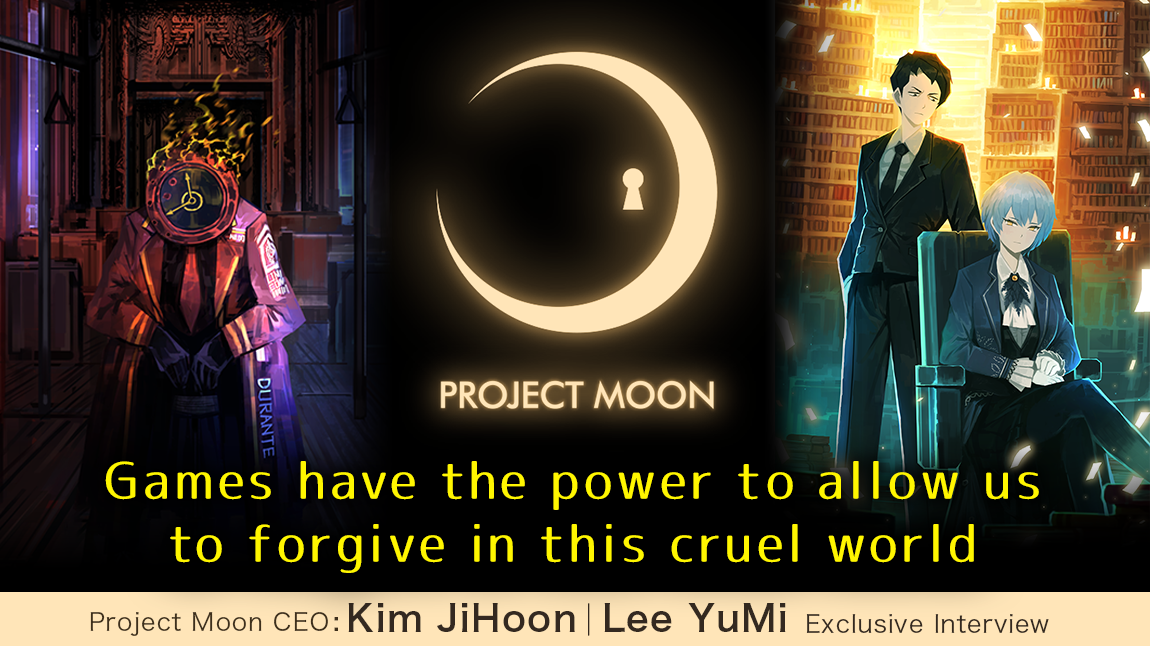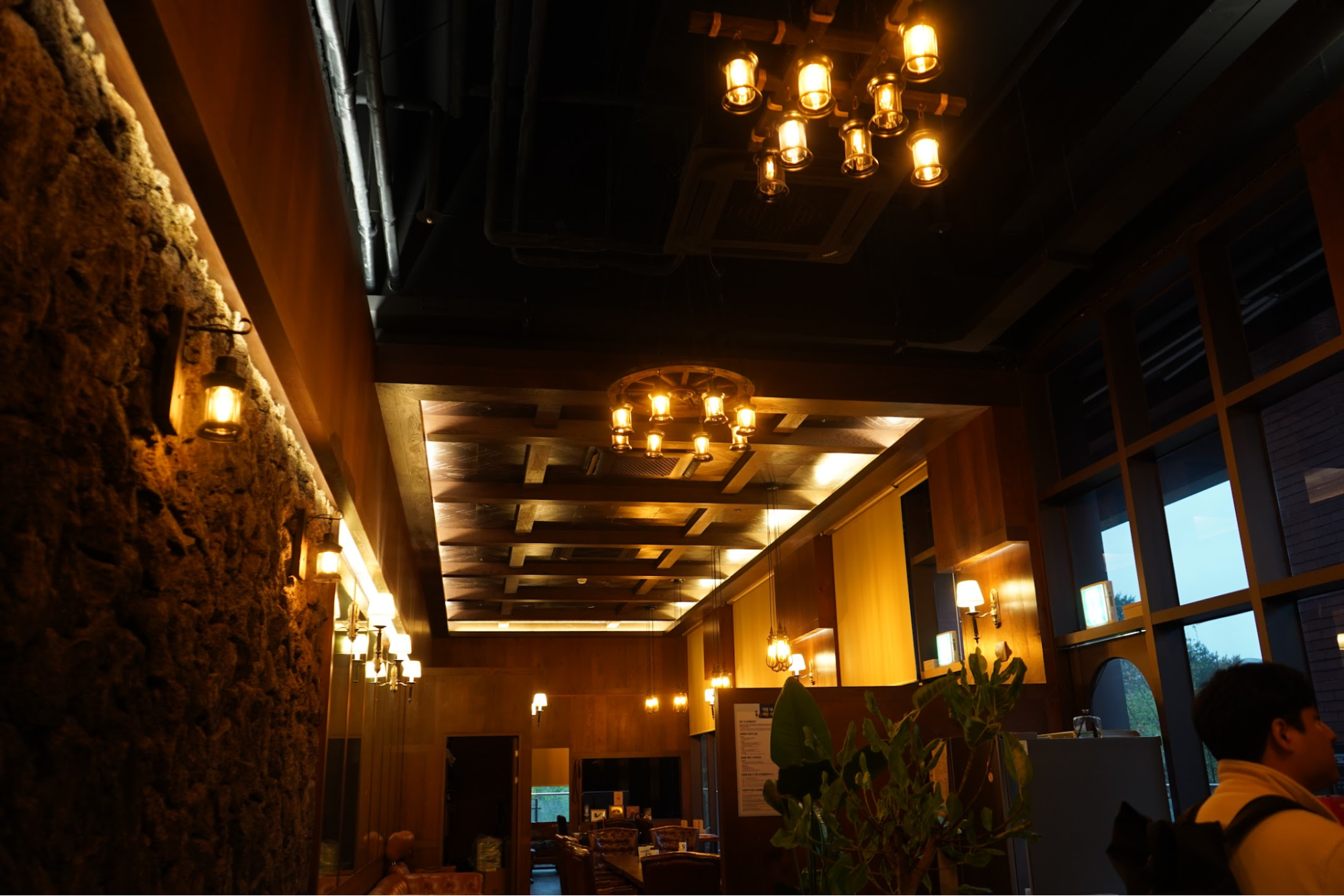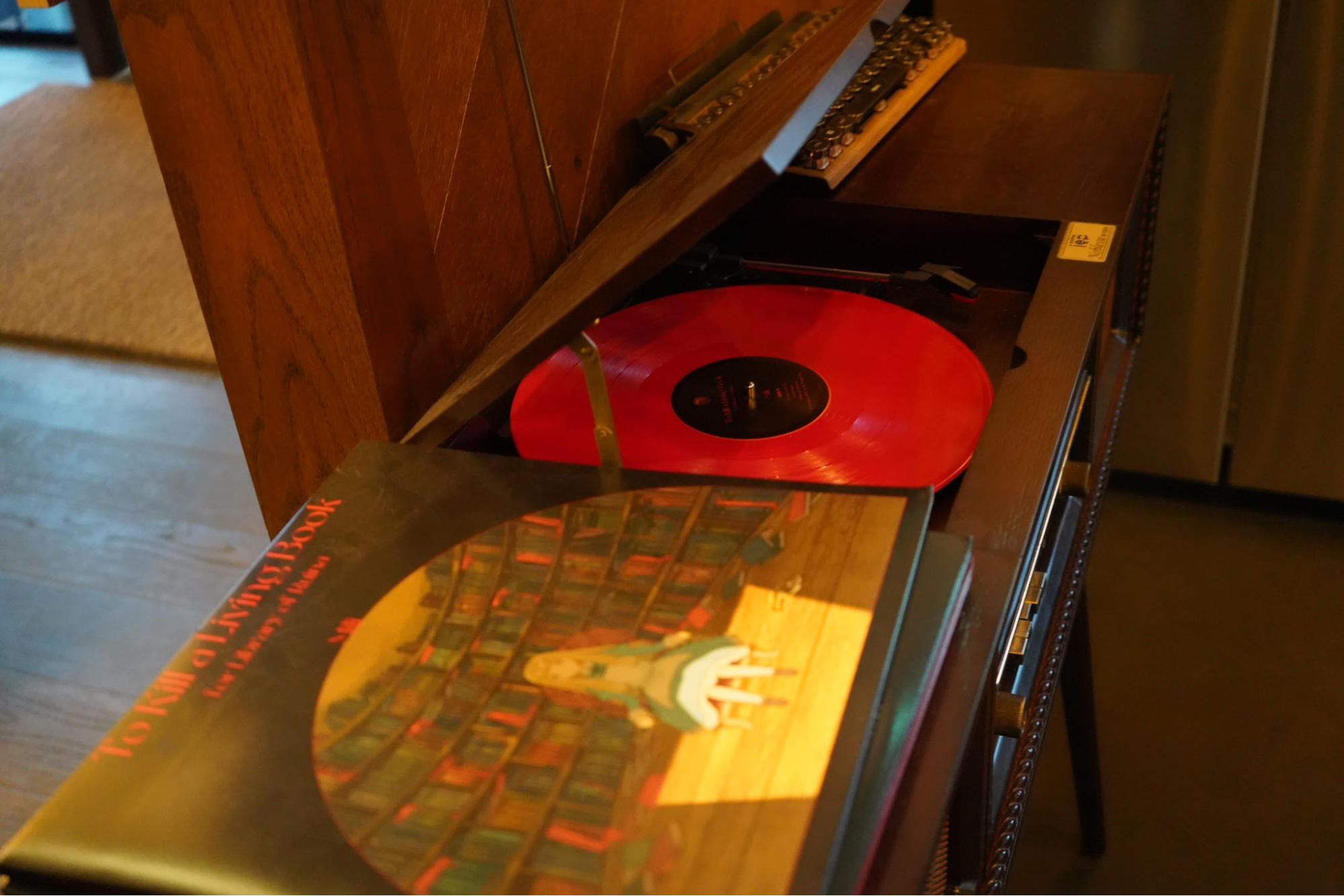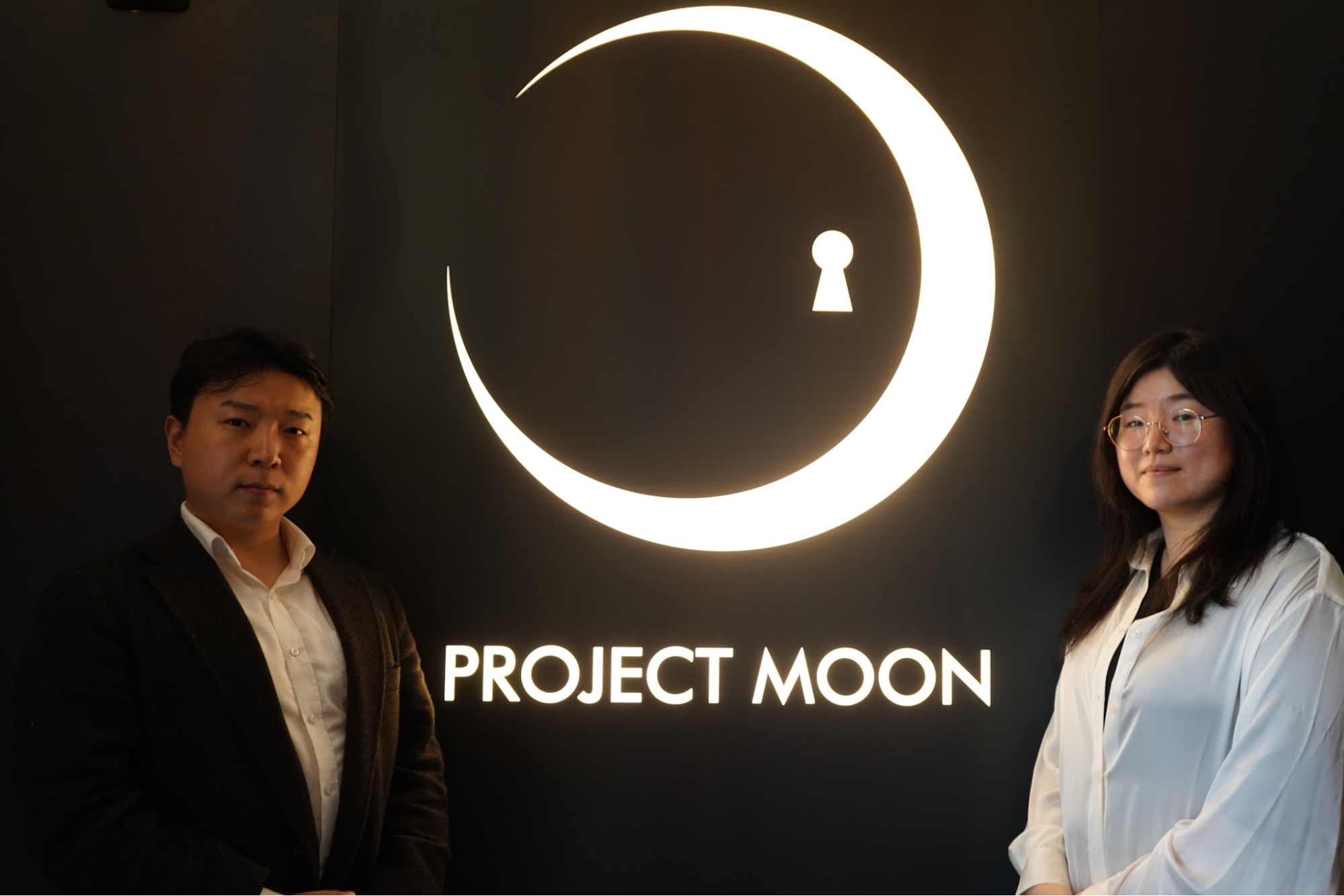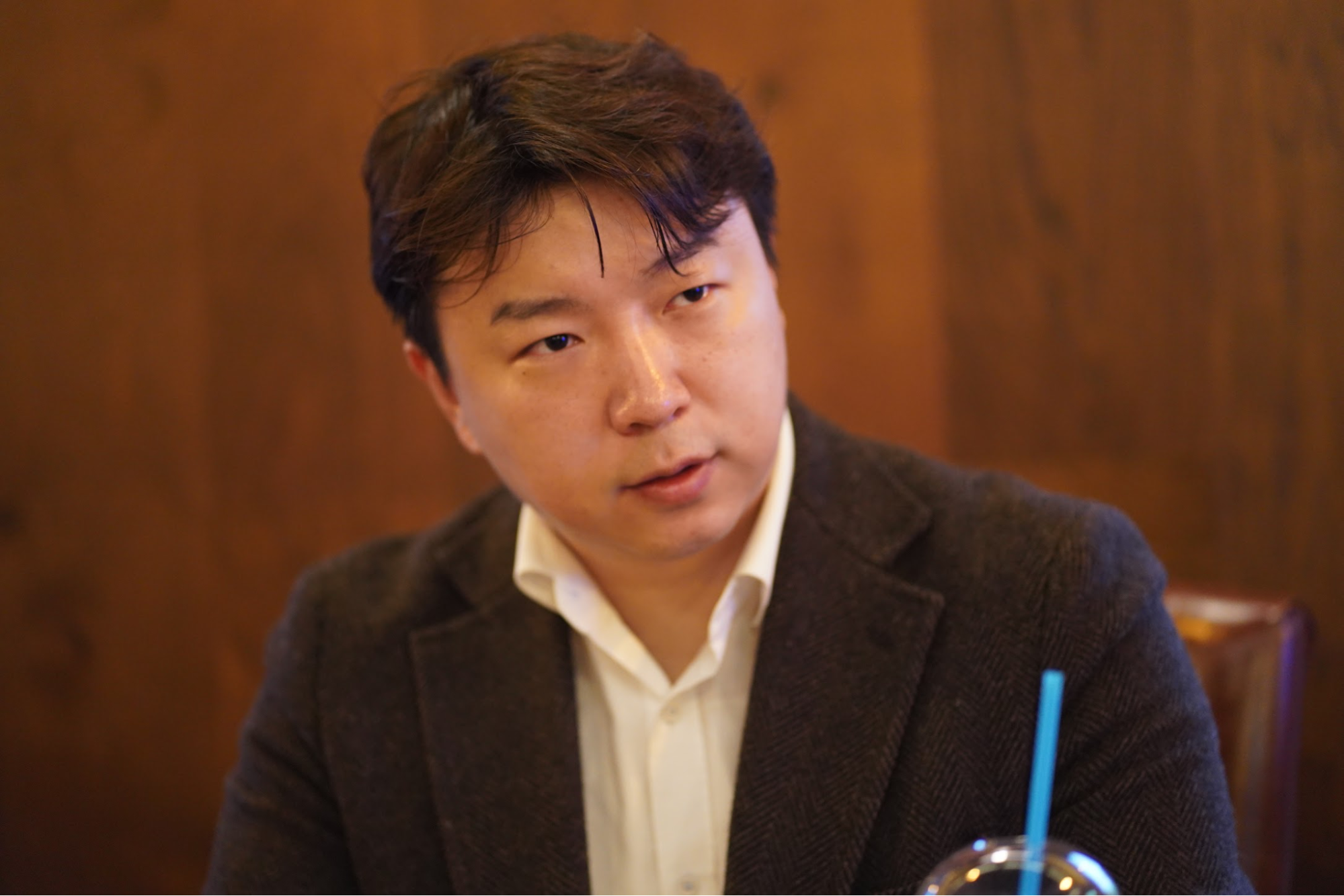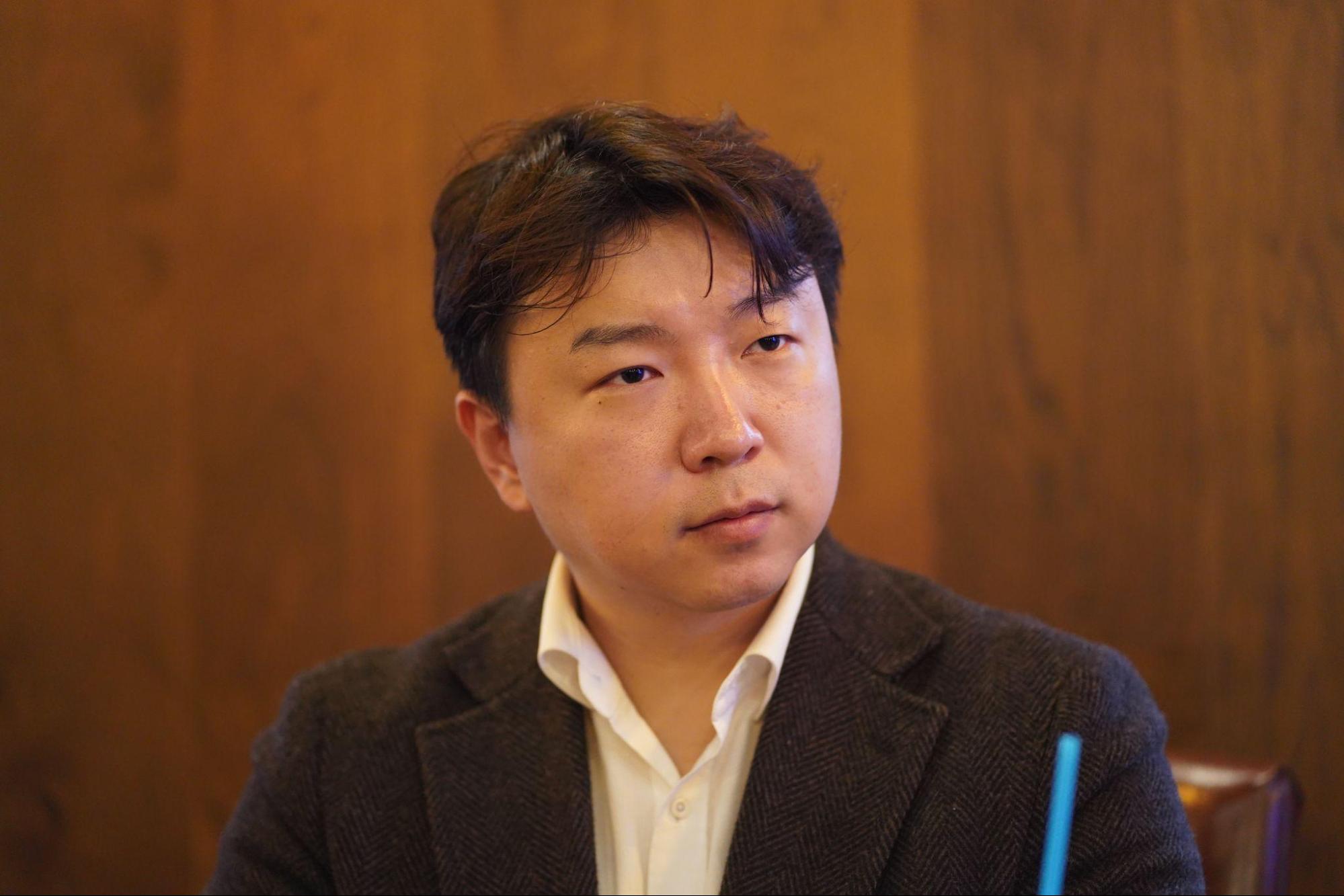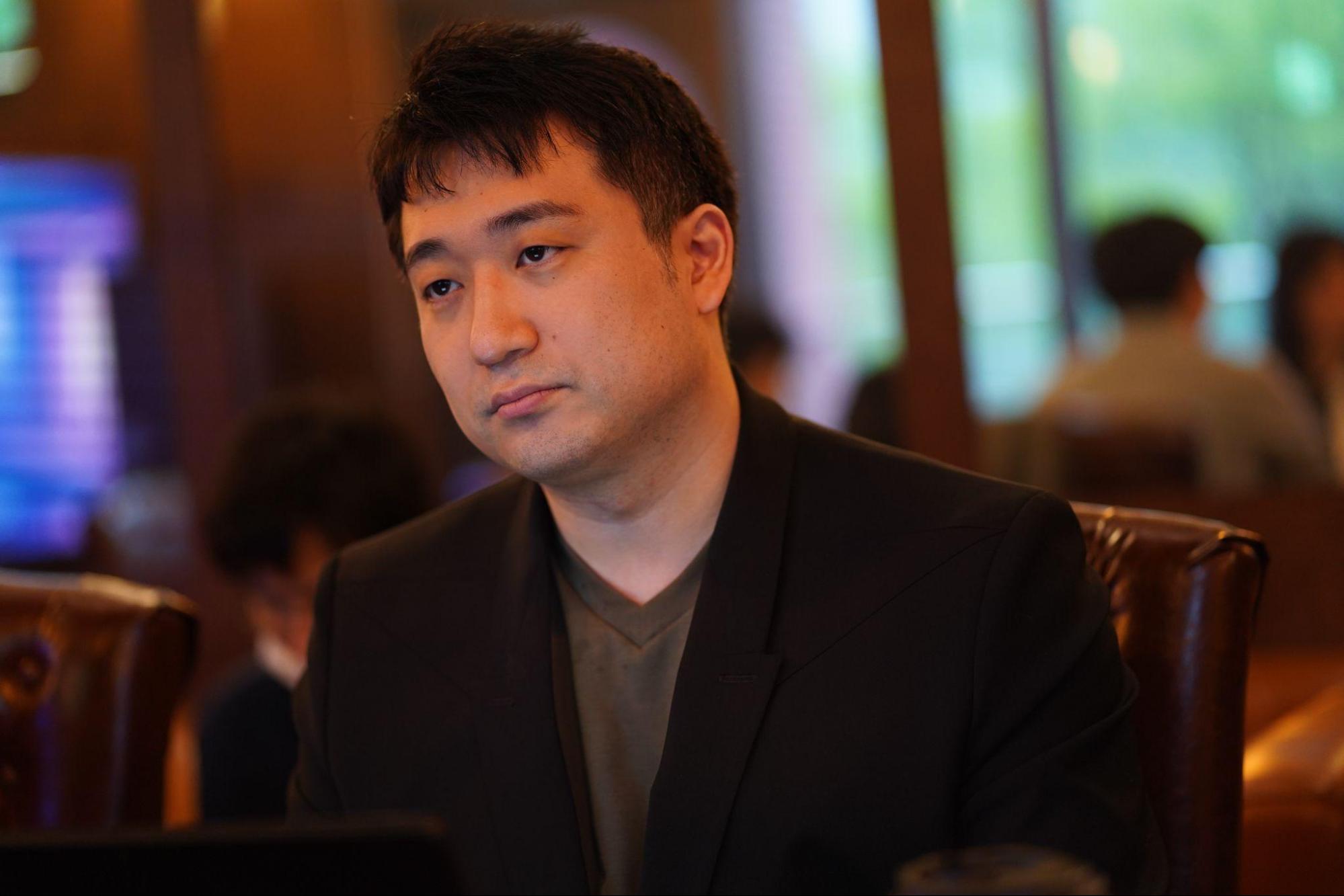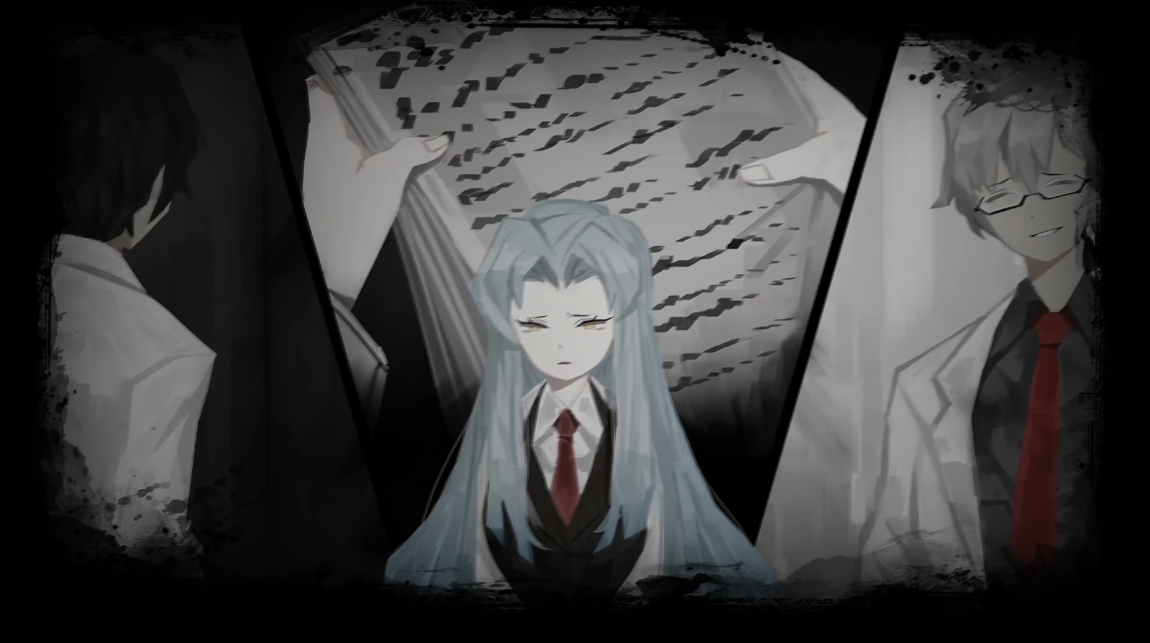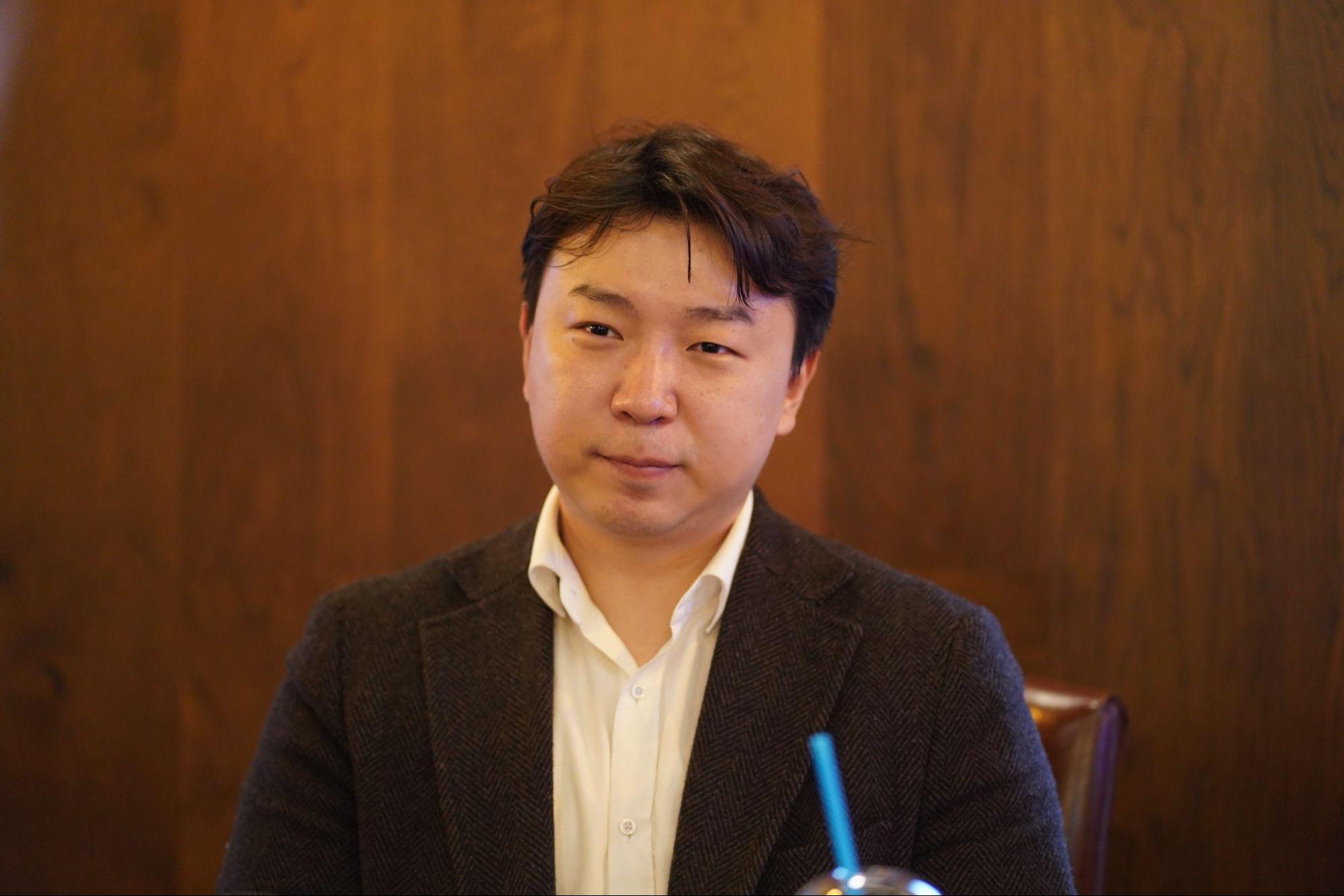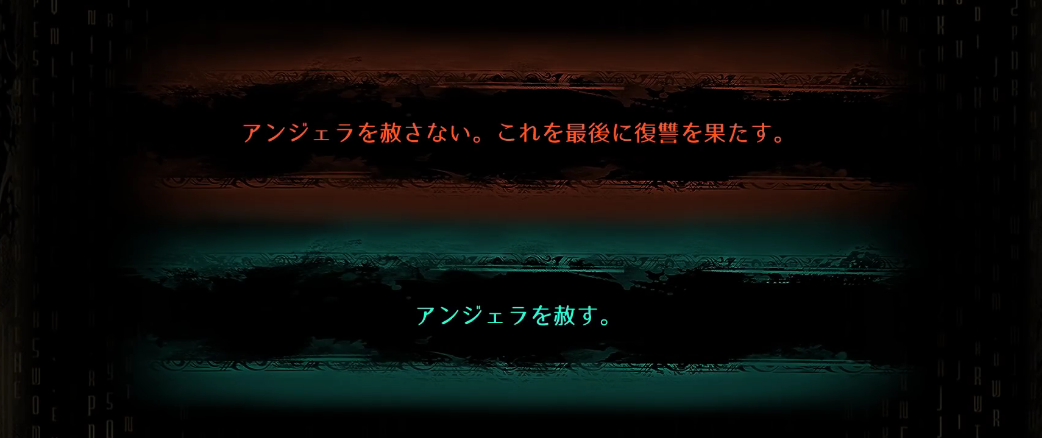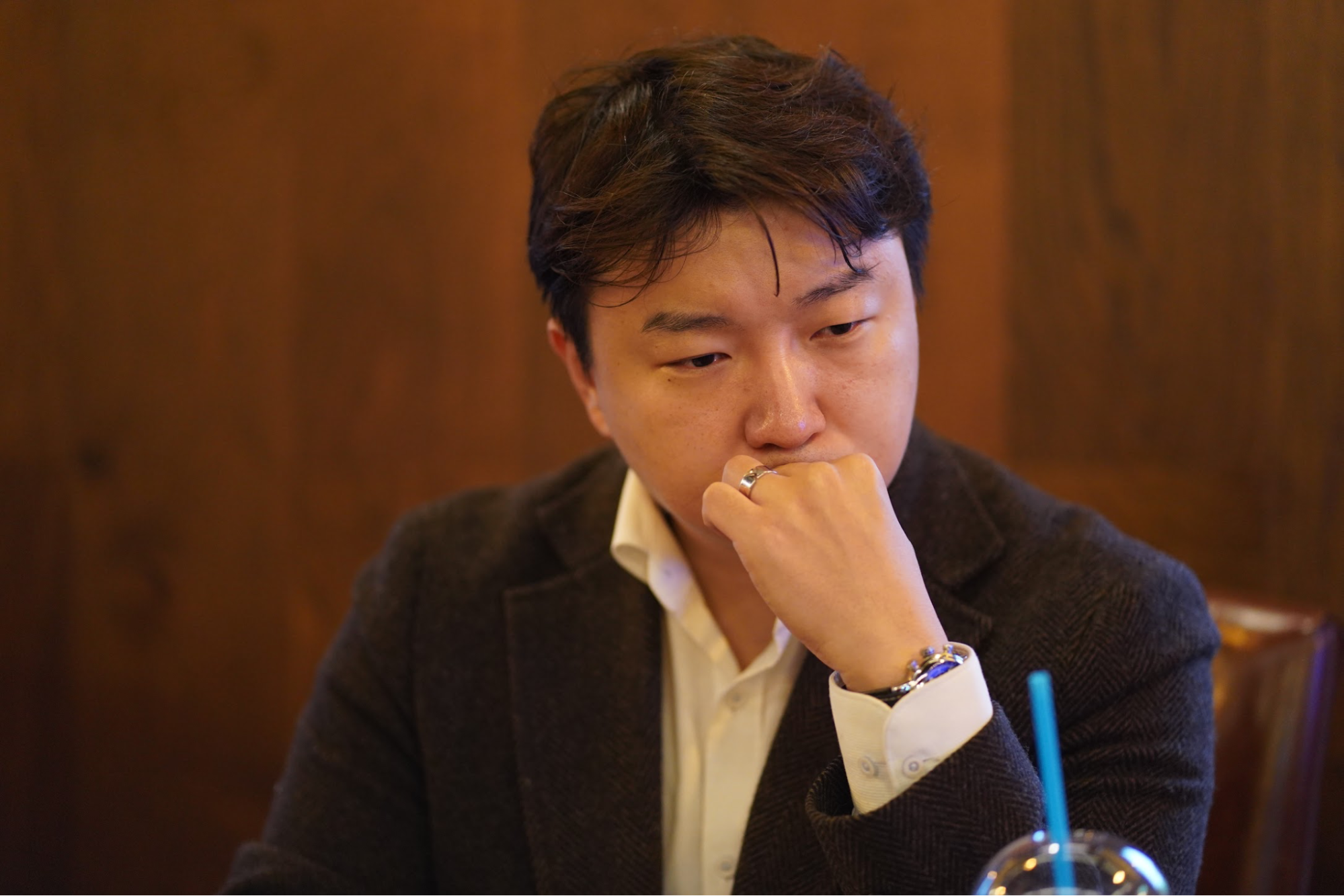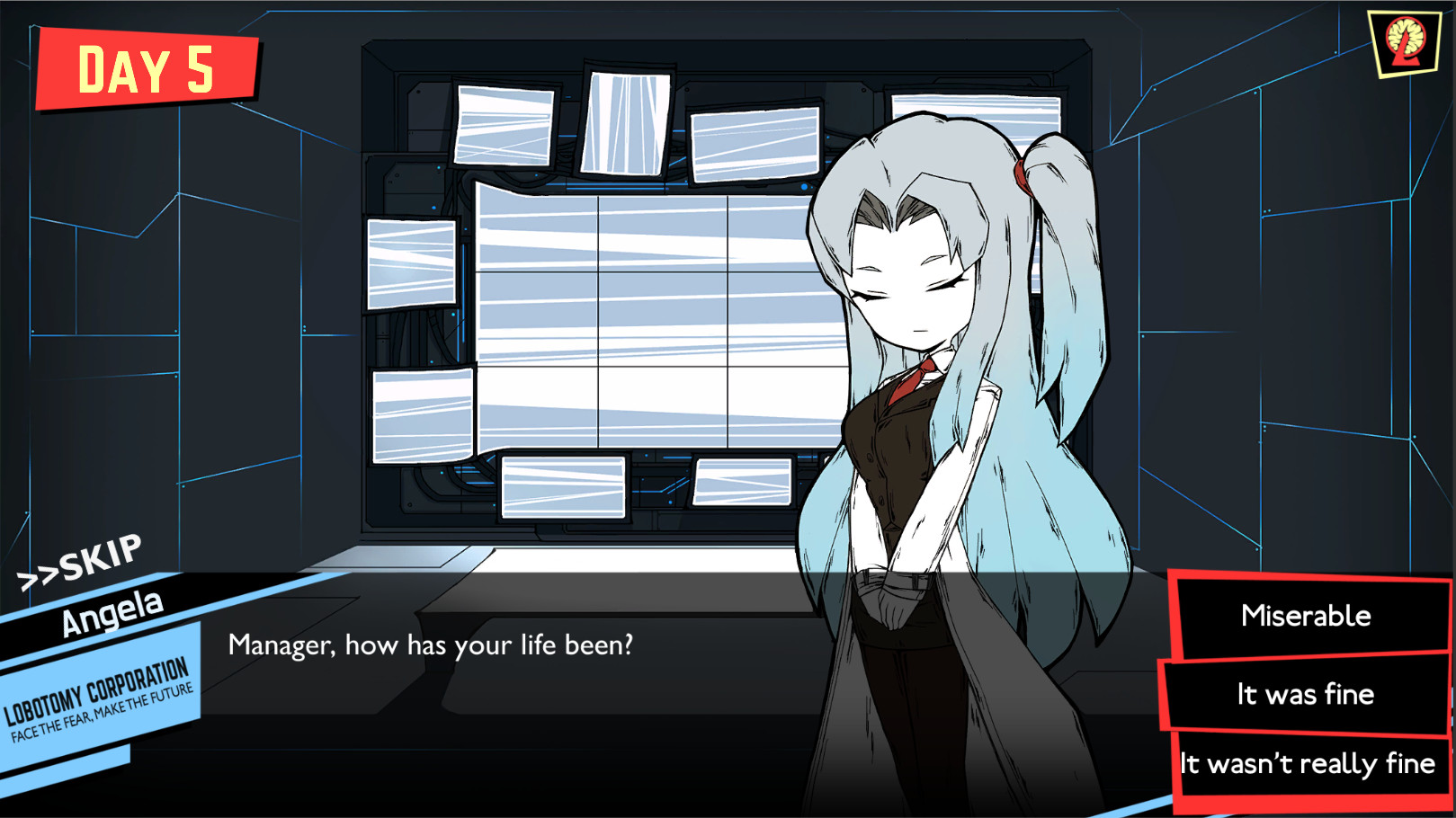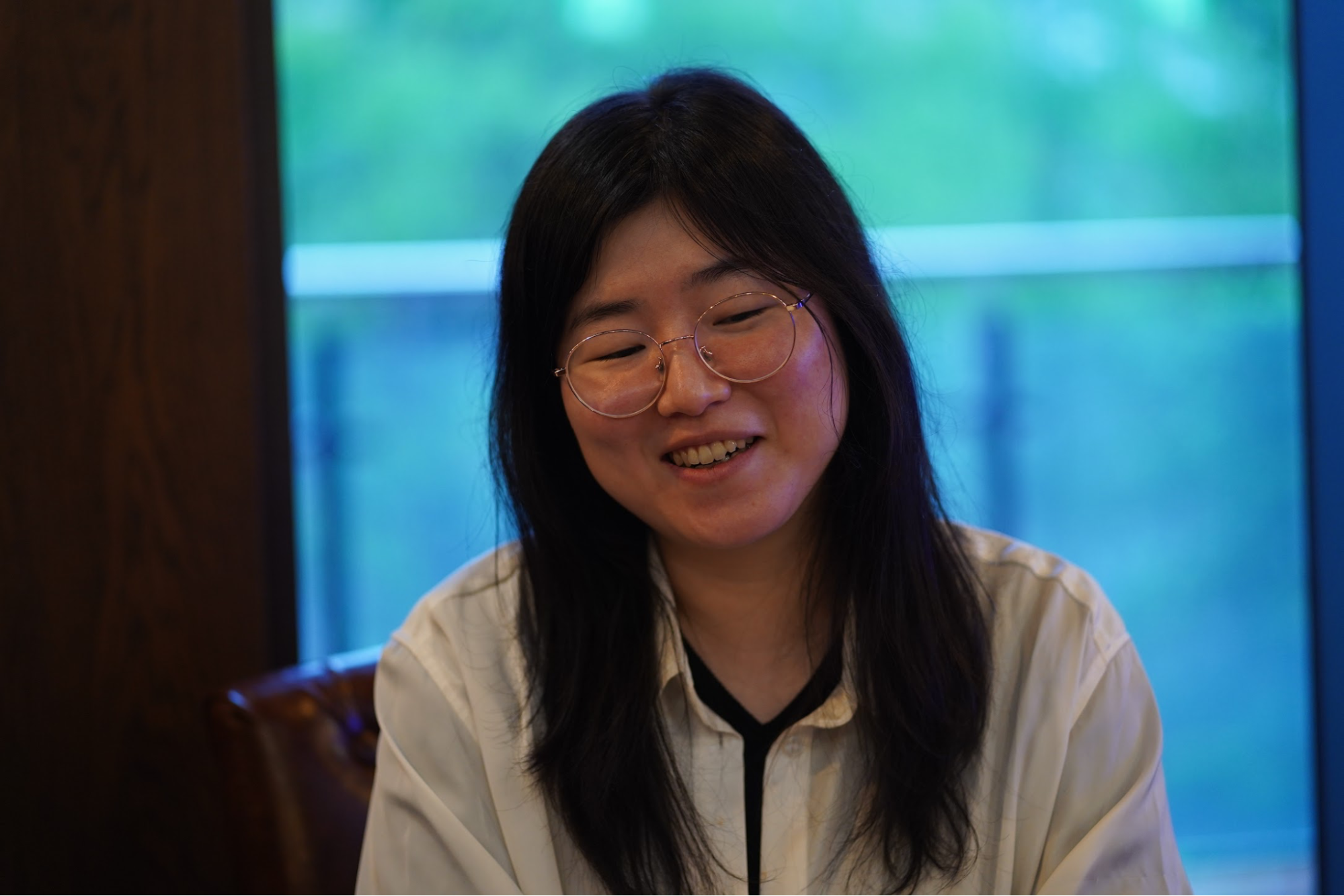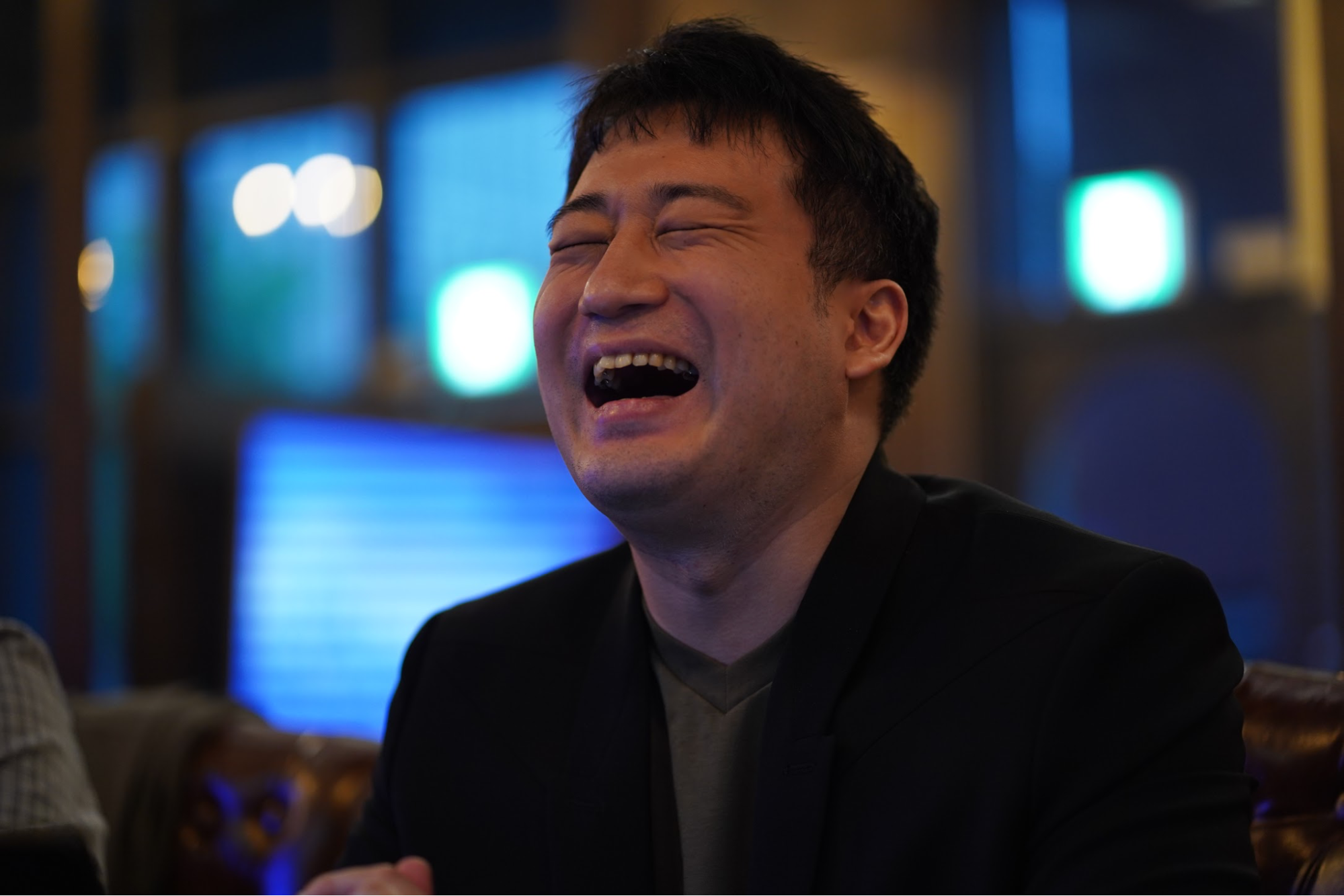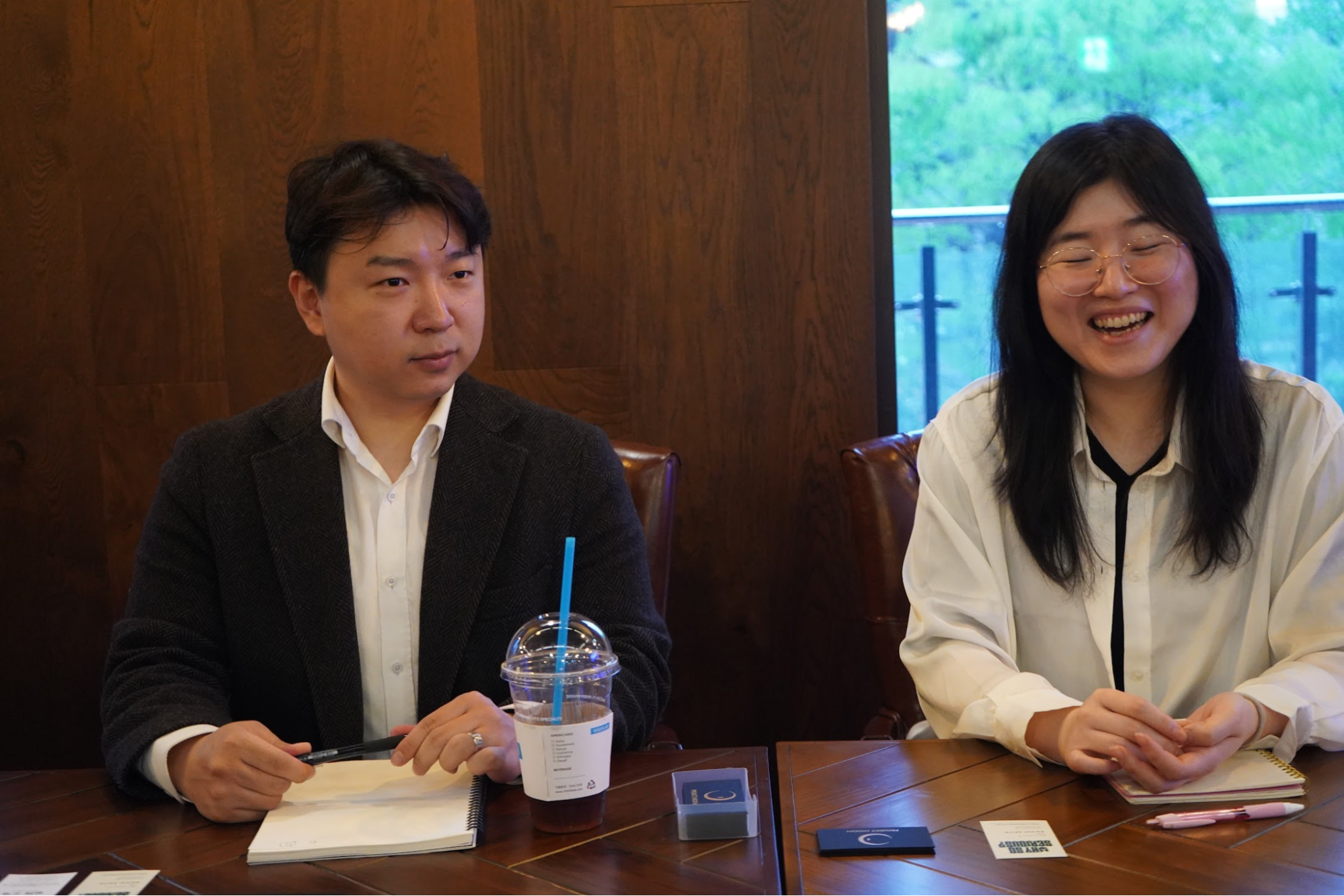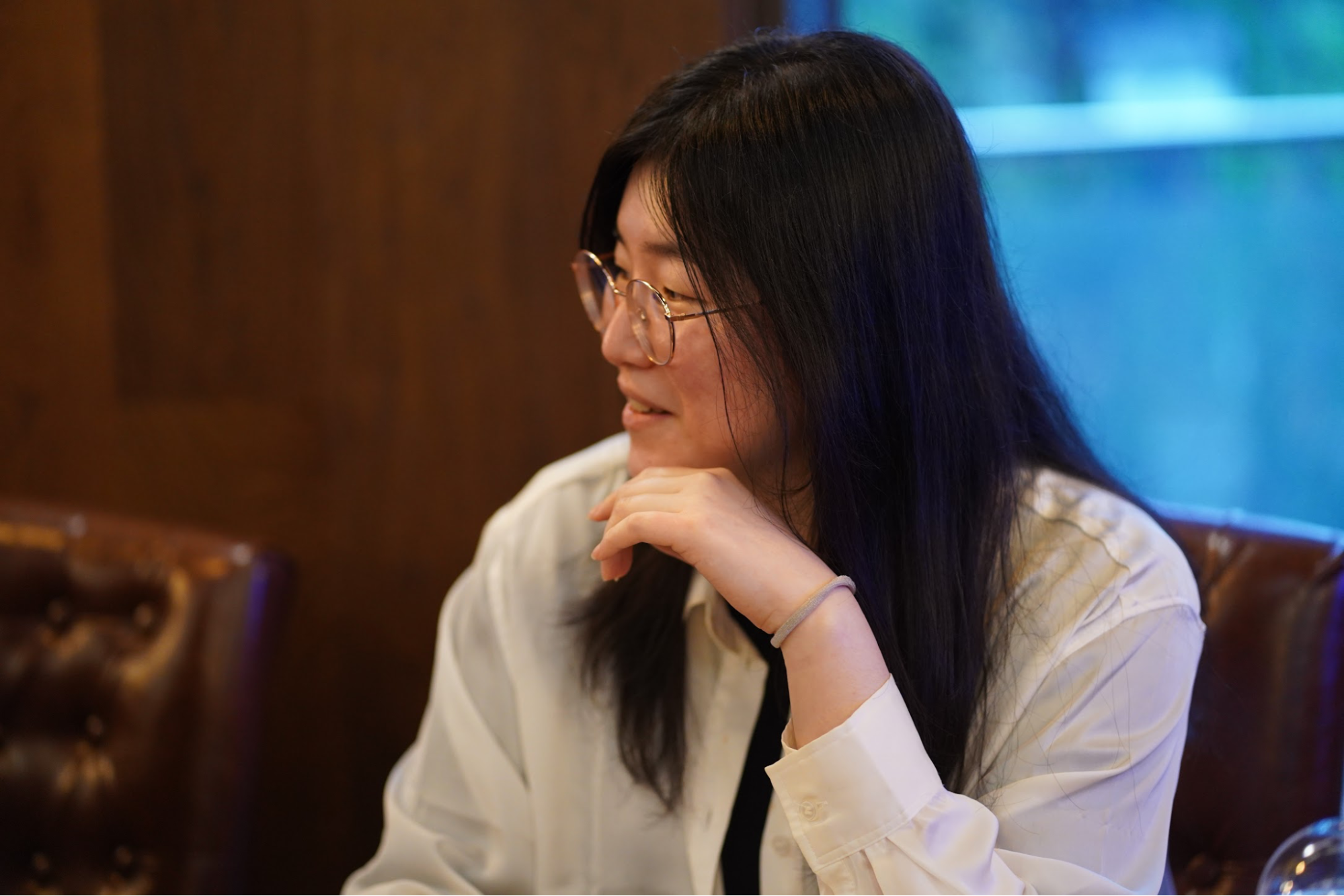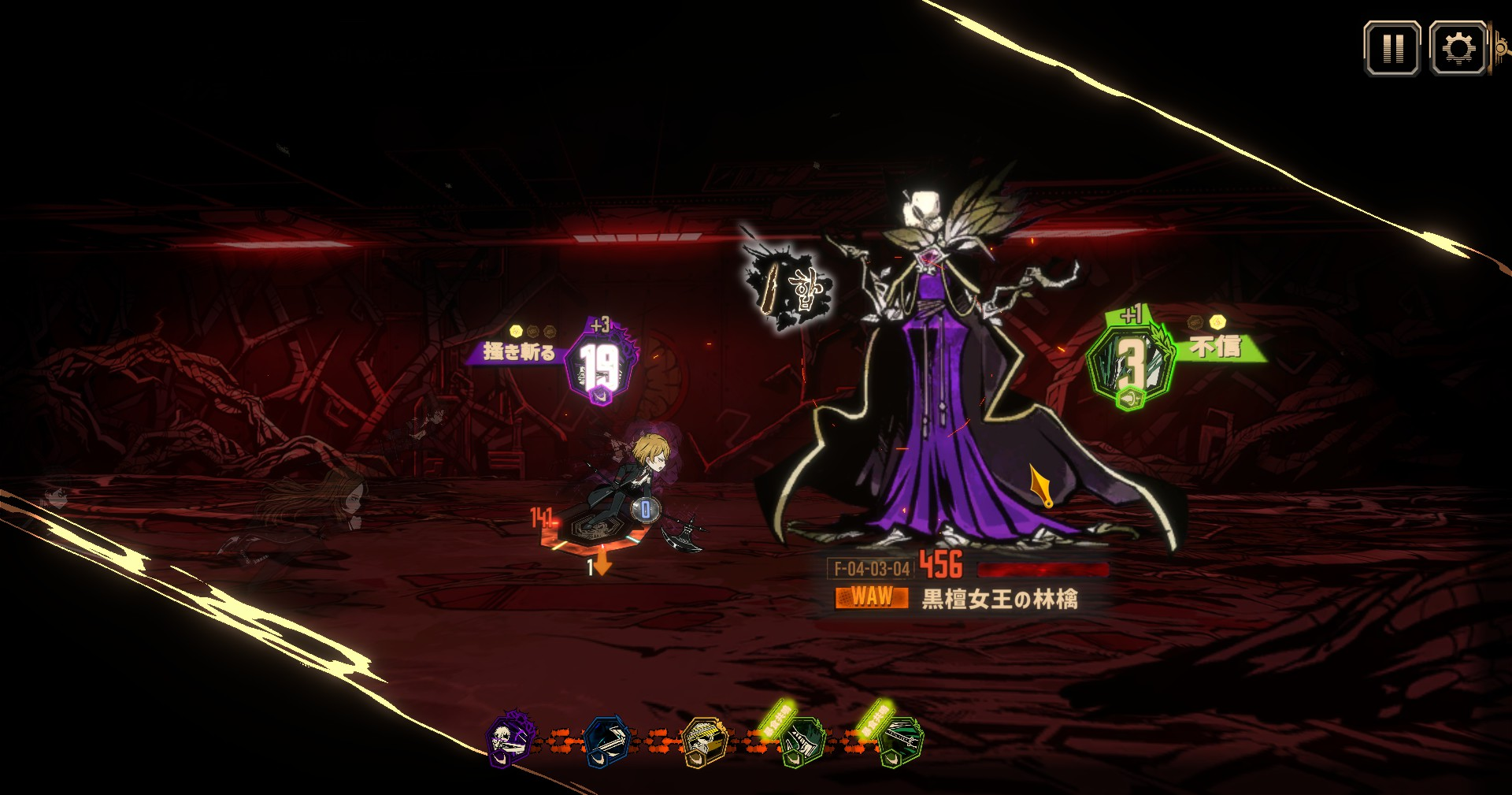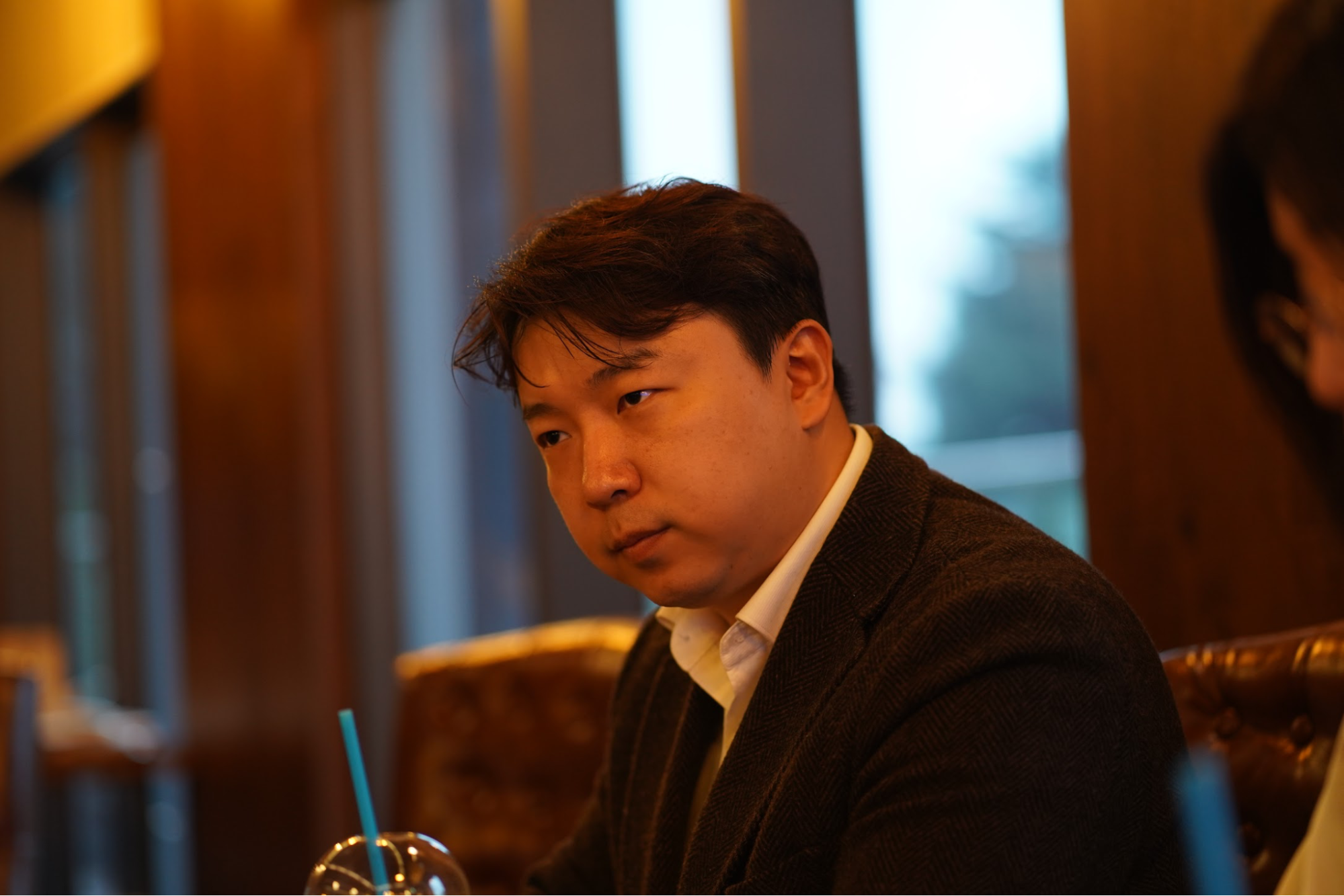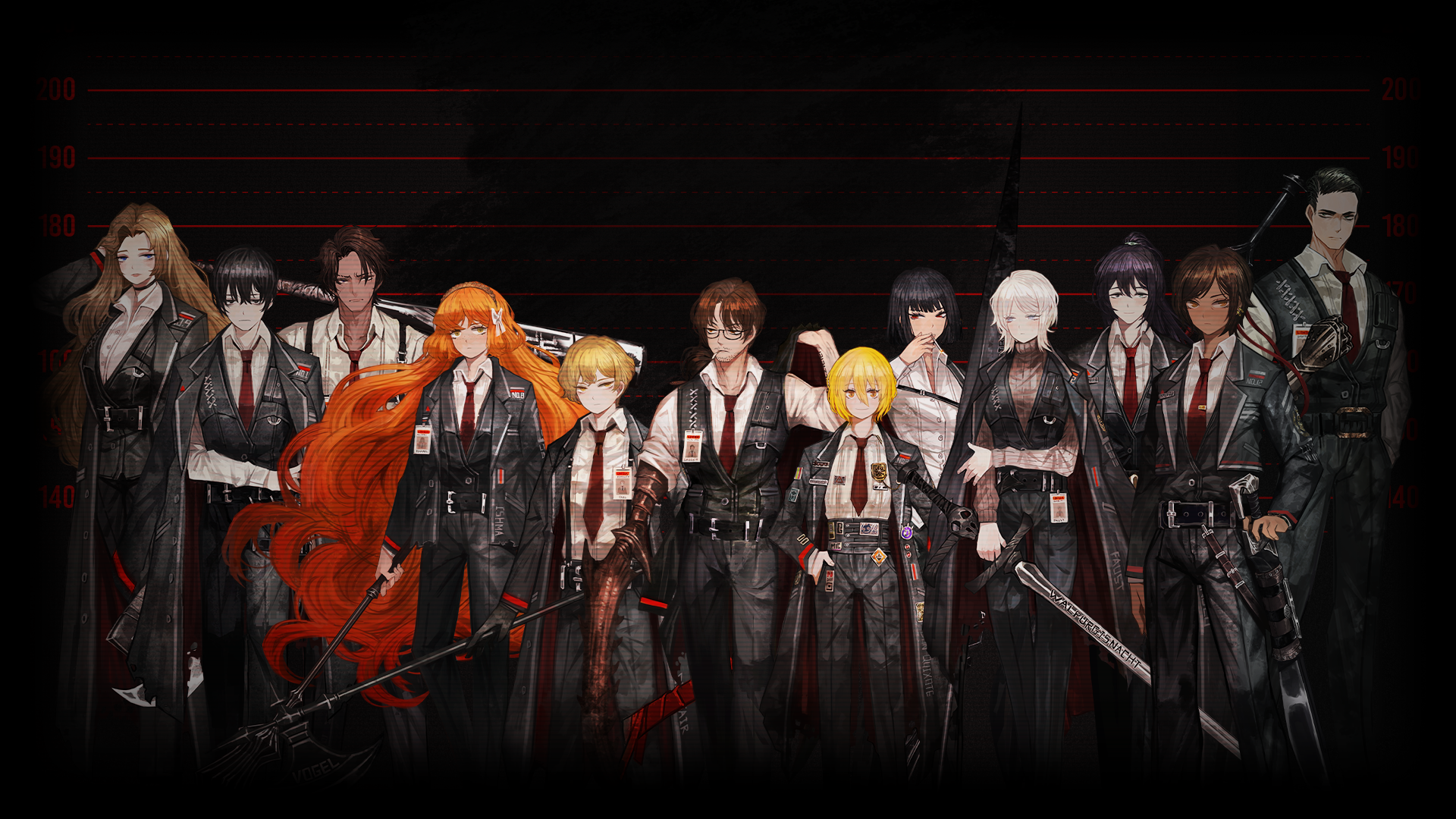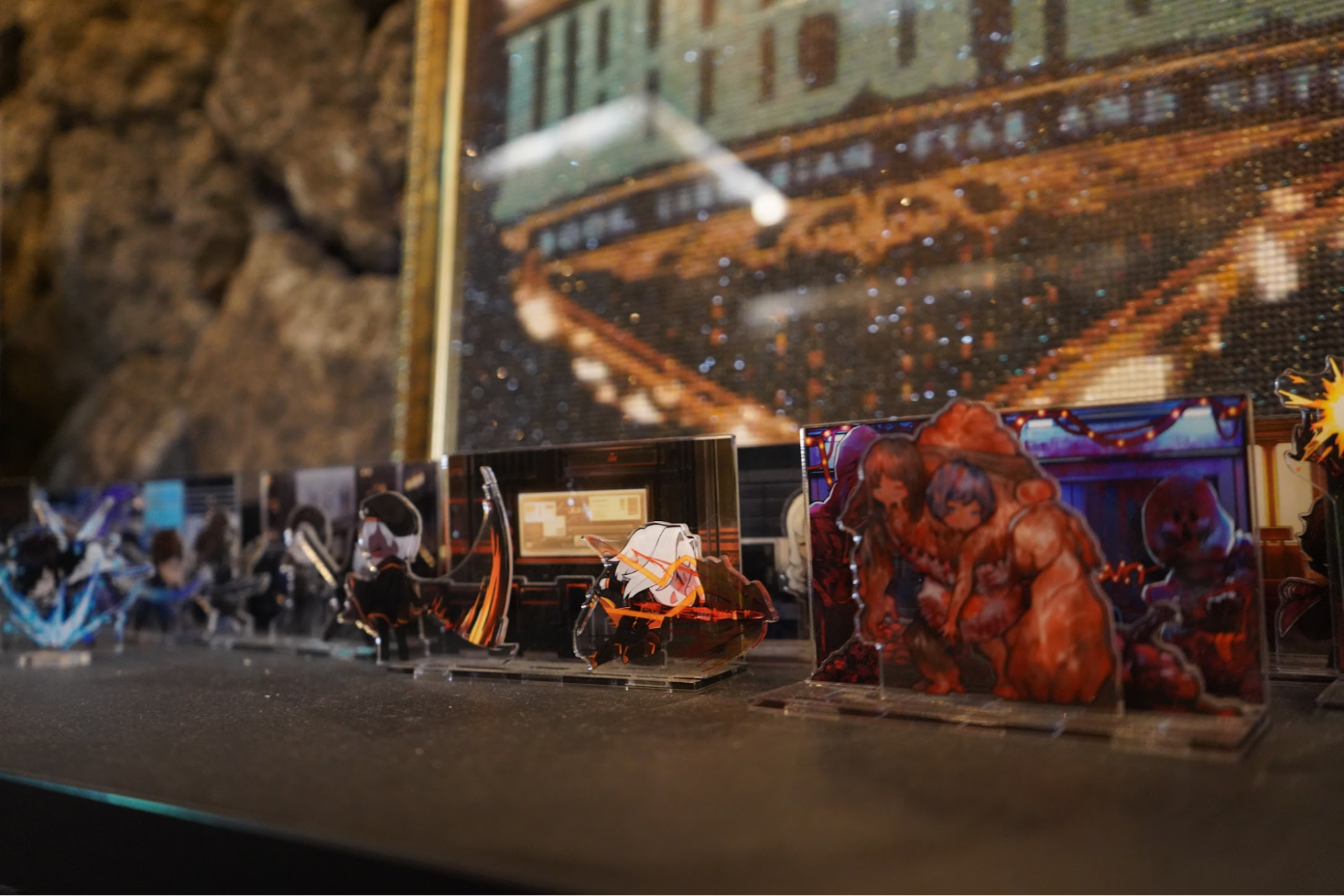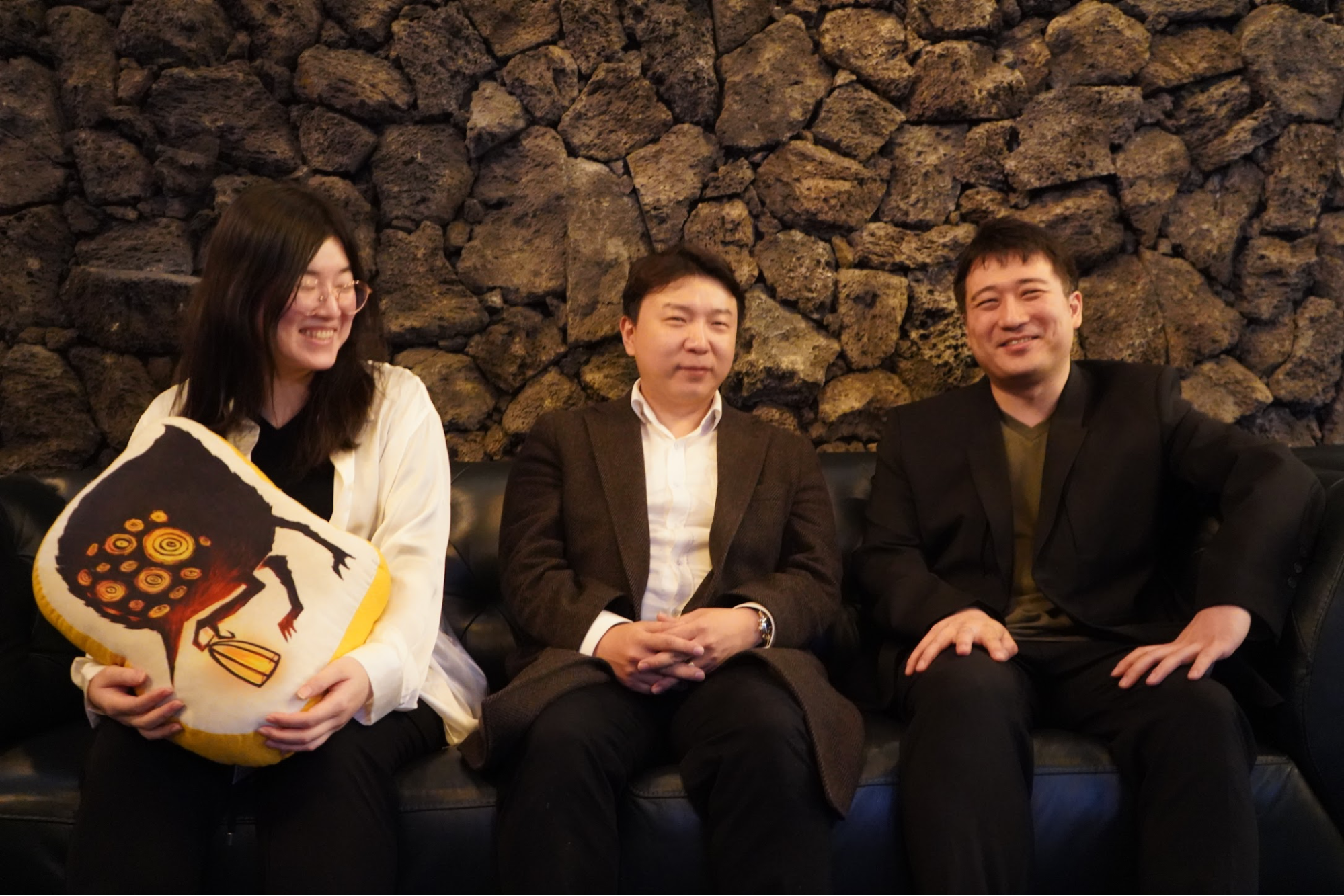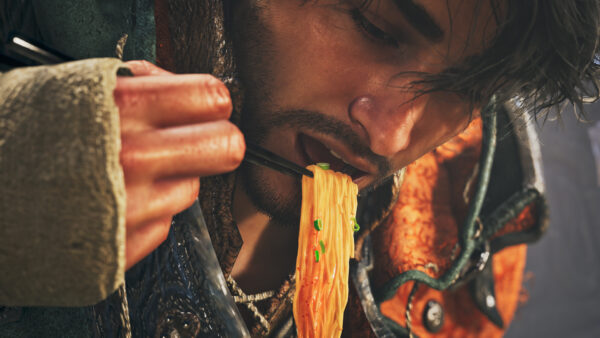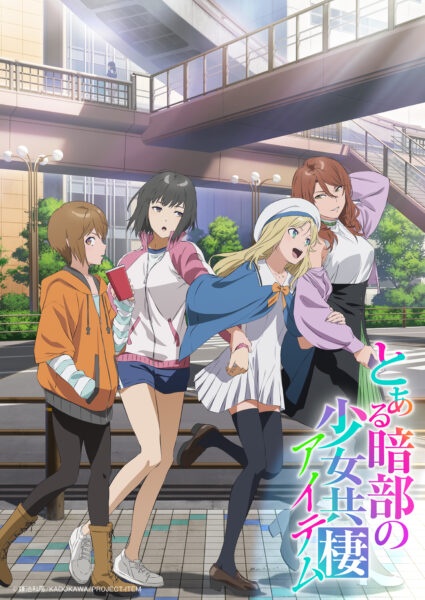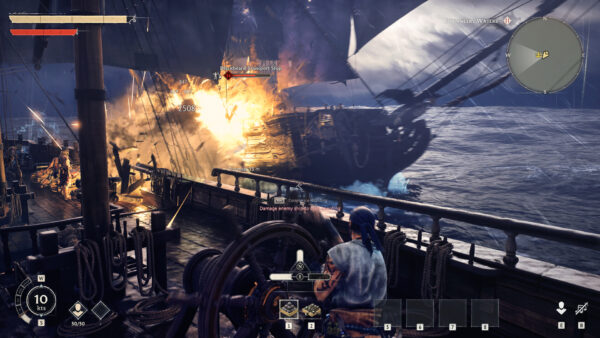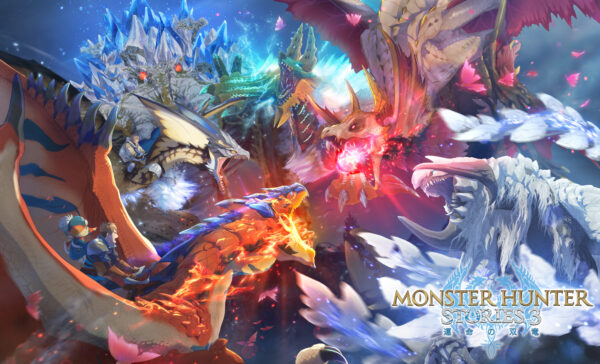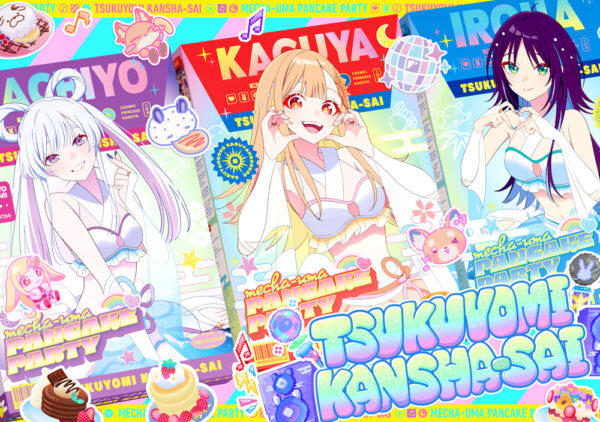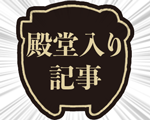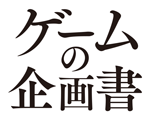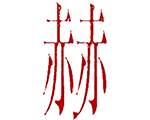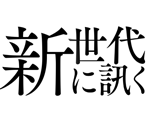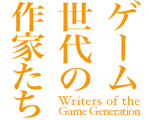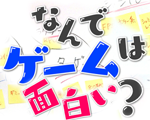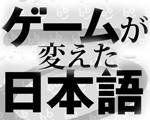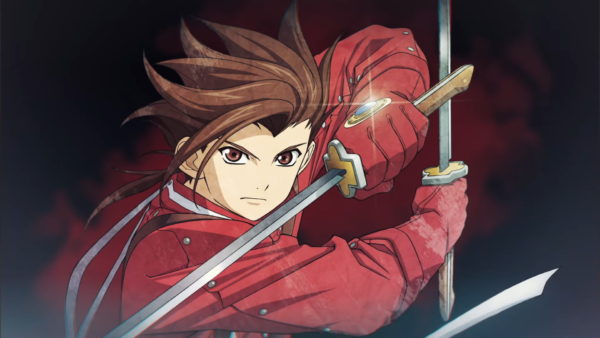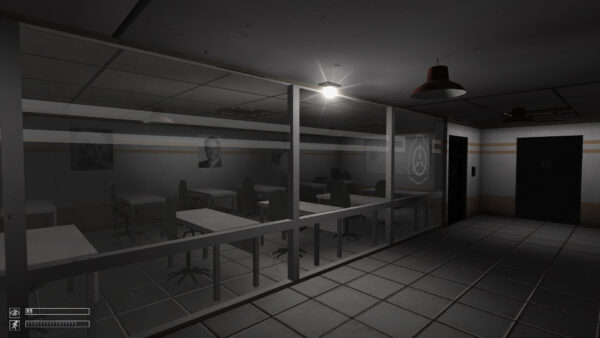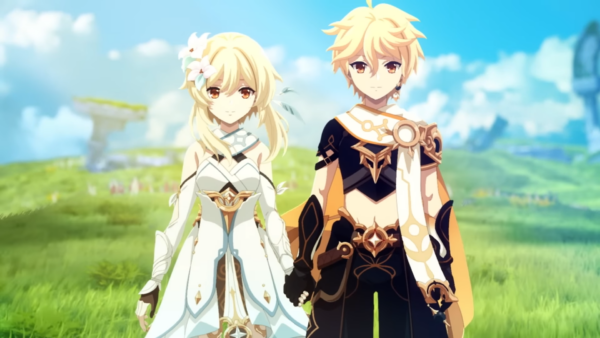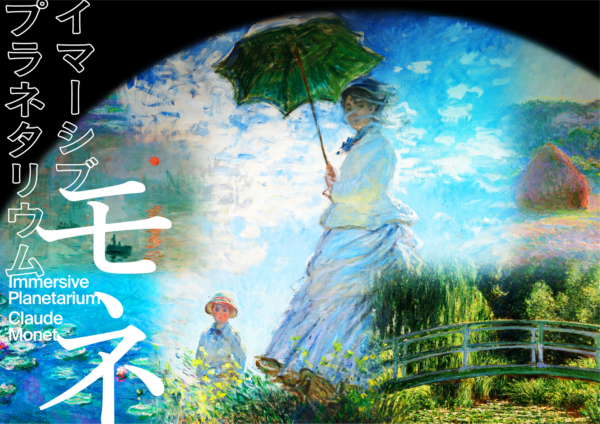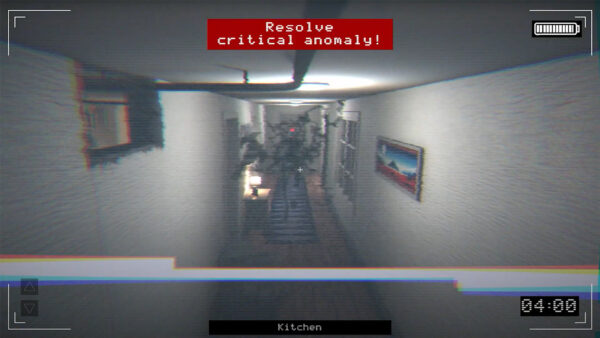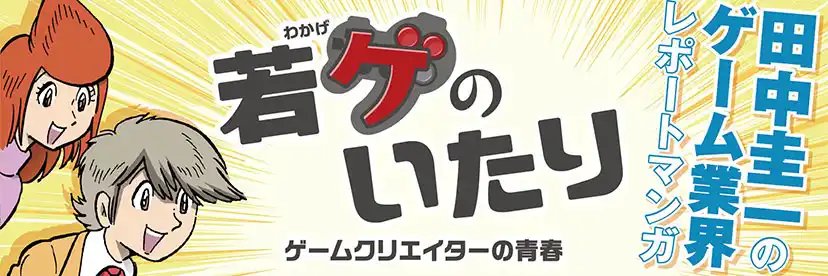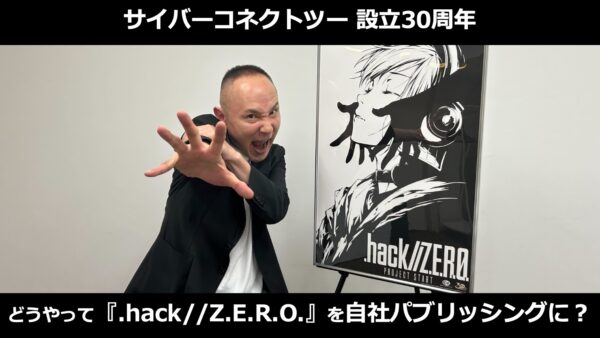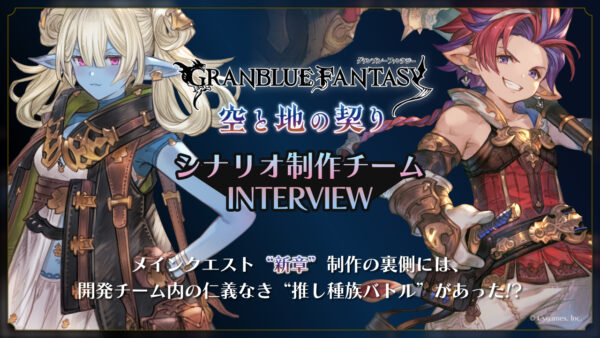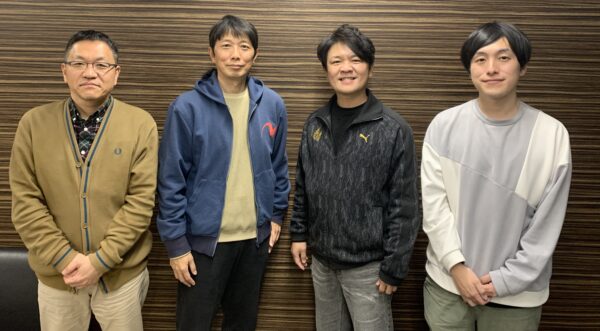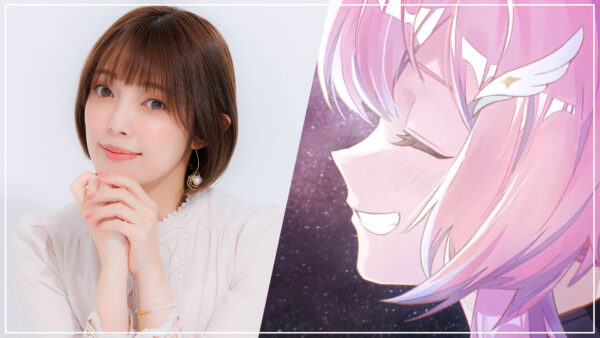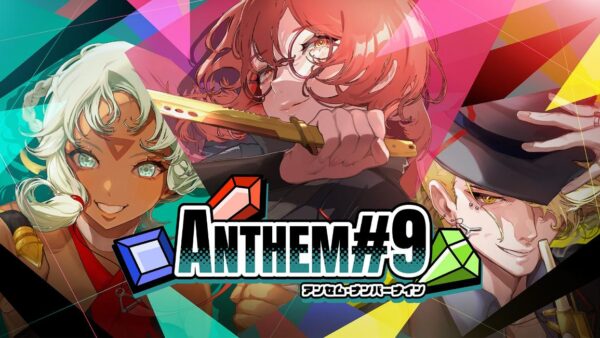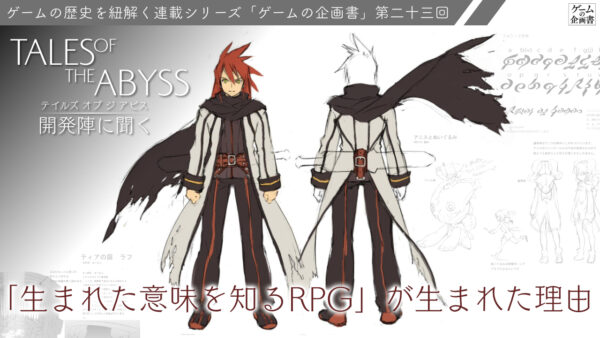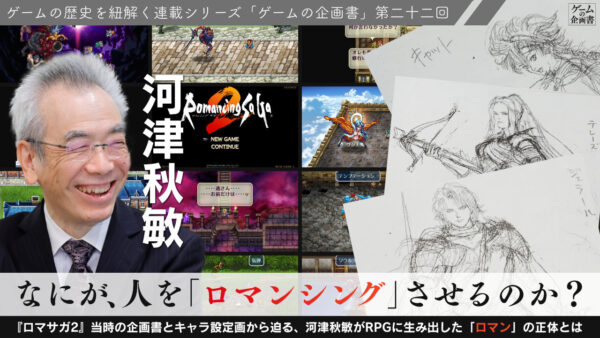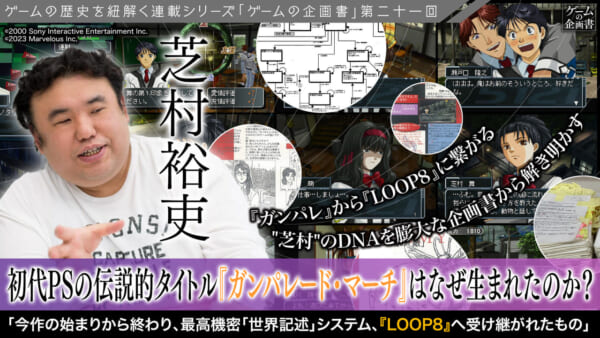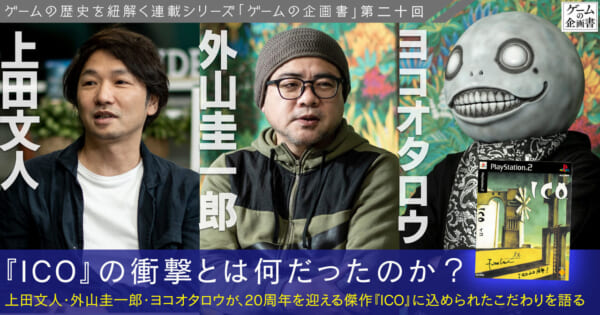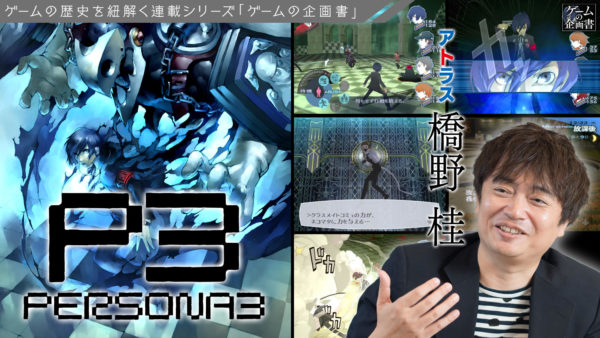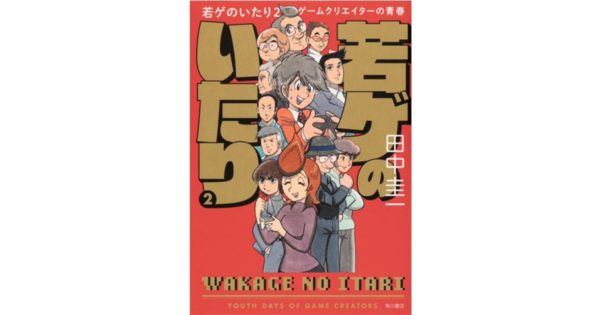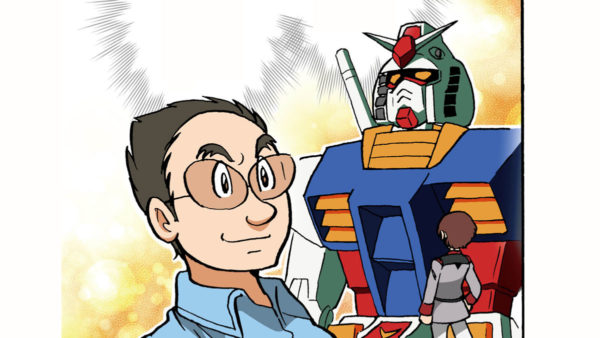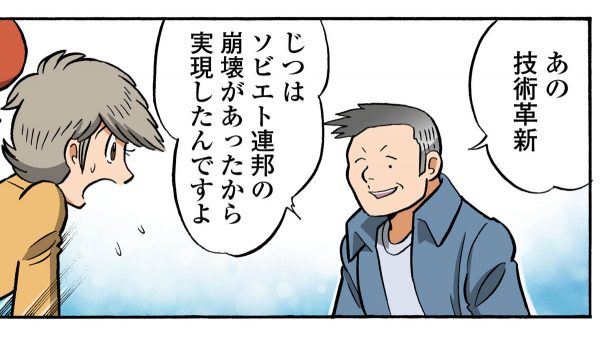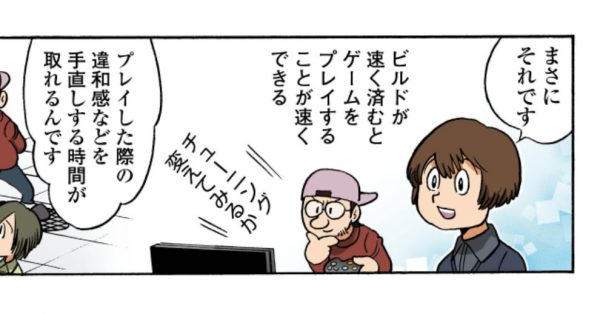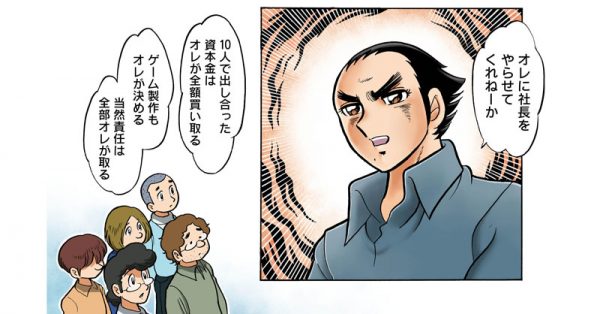Here was the very embodiment of a Project Moon world. As if an adorned library, it featured chic wood-paneled walls, a ceiling hung with warm light fixtures made from wheels, a trim leather sofa on the floor, and a bookshelf containing a Korean copy of Moby Dick… From the distance, a whimsical voice accompanied by piano floats in. Looking around, I see an antique record player playing a record: the Library of Ruina theme song “String Theocracy,” played by the indie band Mili.
This incredibly polished decor is said to be modeled after a pirate ship.
And undoubtedly the captain of this ship was Kim JiHoon himself. He founded the game studio Project Moon when he was a student, becoming a revolutionary hero of the Korean gaming industry that created the hits Lobotomy Corporation, Library of Ruina, and Limbus Company, all with a common worldview.
As the creator of Project Moon, known for its cruel yet striking stories, what journey has he taken that led him to create stories wildly popular around the world? How has he, as CEO, steered through the stormy seas of the game industry, an industry that is both art and business?
Our team of Indie Intelligent Network reporters were on pins and needles in anticipation for the entrance of a gruff captain as we took our seats.
The CEO of indie game label WSS playground, Daichi Saito, who has worked on such games as NEEDY STREAMER OVERLOAD and Touhou Luna Nights, together with Jini, the manager of the game review media outlet Jini’s Game Seminar, with 2000 readers on note.com, came together as part of the next-generation game journalism “Indie Intelligence Network,” traveling the world 100% with their own hard-earned money to acquire intelligence useful for indie game production. The article will be translated and published in English and Chinese media as well as here on Denfami Nicogamer.
This article is translated in Japanese, Chinese, and Korean.
The following content includes spoilers about Library of Ruina including its ending.
Interviewer and Editor: Jini
Interviewer and Planning: Daichi Saito
Author: Shu Chiba
Photographer: Akihiko Iyoda
English Translation: Caitlin Beggs Kojima
English Translation Review: Rie Ihara
A Childhood of Suffering and Hardship
Kim:
My name is Kim JiHoon. I am the CEO of Project Moon, and I also serve as director and scenario writer. At my company, I’ve produced the titles Lobotomy Corporation, (“Lobotomy”), Library of Ruina (“Ruina”), and Limbus Company (“Limbus”). Thank you for coming today.
Lee YuMi:
I’m Lee YuMi, a Project Moon founding member and head of the system planning team. Nice to meet you.
――I’m Daichi Saito, CEO of WSS playground. As a huge fan of Project Moon titles and as a representative of a rising East Asian game studio like yourself, I would like to ask you questions from both perspectives.
First, I’d like to ask Mr. Kim of his life history as the leader of Project Moon. What sequence of events led you to aspire to be a game developer?
Kim:
I was born in 1992, making me 32 years old this year. I first came in contact with games thanks to a childhood friend of mine. They knew a lot about computers, and one day they said, “Hey, there are some fun games called Counter-Strike and Half-Life on a place called Steam,” which became my first gaming experience. Half-Life especially had a big impact on my life.
At the same time, I watched a lot of movies. I’d go to rental video stores about twice a week, renting about three movies at a time, watching just about everything. I think I was almost entirely absorbed in games and movies during my middle school years.
──So you must have come in contact with all sorts of titles since you were a kid. As a Japanese person, I feel a close sense of kinship with many aspects of Project Moon titles. Did you also consume Japanese works as well?
Kim:
Of course. I love Japanese games and anime.
At first, I watched Neon Genesis Evangelion, but what really won me over was Gurren Lagann, which I saw when I was a middle schooler. This title is what spurred me to delve into all sorts of Japanese anime. The Melancholy of Haruhi Suzumiya, The Familiar of Zero, Lucky Star… In terms of dramas, I watched Bambino!, Train Man, and Boys Over Flowers. At any rate, I couldn’t get enough.
Gurren Lagann was what really got me hooked, but I think I preferred romantic comedies and what’s referred to as the “slice of life” genre. I tend to be drawn more to conversation rooted in everyday life and exchanges of small-talk rather than exaggerated, end-of-the-earth action.
I have the same preferences when it comes to games. I like that you can find such conversations in Japanese games. For example, the very refined, well-thought out lines in Tales of Destiny have had a strong impression on me even to this day.
──The main character names in Limbus Company have all been taken from famous works of literature from around the world. Did you have a long interest in literature as well?
Kim:
Of course. What Limbus pays homage to is the books I can call my favorites. I’ve always been interested in books ever since I was a kid, starting with complete collections of children’s literature, and by the time I was a teen, I was drawn to culture and immersed myself in the classics.
If I had to list my top three literature picks, I’d choose Norwegian Wood by Haruki Murakami, Demian by Hermann Hesse, and The Stranger by Albert Camus.
Demian in particular was one novel that saved me as I read it during my mentally unstable adolescent years. It gave me the will to hold onto hope and continue living. I still sometimes re-read it. The Stranger was a novel I pushed myself to read while in middle school but didn’t fully comprehend, but strangely, I had a desire to understand it someday. So I read a whole bunch of related books and their analyses, and in the process came across existentialism, which was how I became interested in philosophy.
──So your enthusiasm for games, movies, literature and fiction of all kinds is what became the basis for your current work.
Kim:
This is the first time I’m saying this publicly, but…I was mentally and physically abused by my mother as a young child.
So for me in such a situation, fiction was also a way of escaping my harsh reality to another world. At the same time, I think I also learned through stories about human emotions and how families are. As I said earlier, I tended to be drawn to scenes of everyday conversation, and I think this is the source for that.
In my youth, it was my dream to quickly move out of the family house. I threw myself into creating games with the determination to never return to my parents. Several times, I failed and was overcome with despair, but deep within my heart, I had an anger-like feeling that kept me together and that would boil over, making me stand back up.
My dark childhood memories of suffering form the basis of my creations.
──The appeal of Project Moon works is undeniably in their stories. They are tragic yet leave you with a feeling of hope in some way.
Kim:
I’m in pursuit of beautiful songs of praise for people which shine the light of hope on dark lives.
For example, when developing Ruina, too, I empathized deeply with Angela and Roland and wrote a plot so that they could overcome their dark pasts.
After Ruina’s release, we received feedback from players who had played the game saying that Angela’s actions seemed rushed. This was something that even I myself had not realized, but the reason for this was perhaps because my wish to overcome the past in my heart was reflected as a glimmer of hope for the two characters.
──To be honest, Angela sometimes seemed hasty to me when I played Ruina. However, I was swept away by something compelling; I was confused by Angela and the enormity of her existence while also empathizing with her, and in the end I was even made to feel like I wanted to forgive her.
It might be insensitive for me to ask this, but does the character of Angela symbolize something?
Kim:
A presence that the player can grant forgiveness to.
This is only my own personal story, but as I mentioned before, I was abused by my mother, and it was very traumatic for me. For this reason, I still haven’t forgiven her. However, I hope that someday I can come to a place where I can forgive her. I believe this conflict in which you can’t truly forgive someone but you want to has been experienced not just by myself, but a considerable number of people. One theme entrusted to Angela and Roland, and more strictly speaking, the story and characters, is exactly this conflict surrounding forgiveness.
At the same time, Angela herself is also a symbol of the player’s wishes. This world is entirely full of injustice. However, even if you were to resolve these injustices one by one, new problems would crop up, leading people to give up, thinking that the world won’t get better anyway. Angela is also a woman devastated by the reality of the story’s world.
Angela is the object that asks the player whether they can truly forgive a woman who has been devastated by the world’s injustices and has grown rash.
Jini:
Firstly, I want to thank you for sharing such a personal story. With that said, I’d like to talk about my own personal experience, as impertinent as that may be. To tell the truth, I have friends who are Project Moon fans, and one of them is a woman who experienced domestic violence and was forced to live in a shelter in Japan. I understand that your experience was reflected in only one part of the game, but I would venture to say that there are a lot of people in the world who suffer under similar circumstances, and I would like to tell you that your work has been a great solace to them.
Kim:
I’m very grateful that they felt a personal connection to the game. My experience is ultimately only reflected partially in my creations, as is the case with other creators, and I did not intentionally aim for a specific theme or try to draw on people’s sympathy. I do, however, think it was the result of me succeeding at conveying something from my depths in a way that I wanted to write.
We’ve received a lot of feedback from fans around the world, and a lot of those fans tell of family issues, and some tell us of other painful memories. To be told by such players that we cheered them up makes me very happy and gives me a sense of reward.
──I think the player choosing between forgiving someone or not forgiving them is an experience that can only come from a game. How much of this was intentional?
Kim:
To forgive or not forgive is the sole choice given during Ruina. For me, it was an exceedingly difficult choice to make, and that’s why I wanted the players to think about it seriously, leading me to choose the multiple-choice format.
I personally think that forgiveness is the correct choice. If you go on with life holding onto anger, the only thing that will remain in the world is tragedy. But if you reflect back on yourself, you’ll see a part of you that you haven’t been able to forgive. Forgiveness can be difficult and painful.
That’s why I wanted to ask all the players what they would do. Choices force the player to take action. The choice existing is the reason why the question arises. And the player must answer it.
──Angela and Roland overcome their personal issues after this choice, and I feel that there was a representation of strong hostility toward society, the Wings, and the city. Was there a reason why the city was depicted as a place full of distrust, poverty, and hatred?
Kim:
I think that, too, is a projection of my personal outlook on the world.
I’m timid and distrustful of others, and I am always tormented by anxiety. I tend to have a bias that makes me look at this world as a cruel place where the stronger prey on the weaker.
Even with interpersonal relationships, you may have a good relationship temporarily, but you may also soon be betrayed due to the other’s interests. You may be abandoned at a lonely point.
But I want to believe that even in such a world, there is warmth and love somewhere. But I can’t believe it… My world is a mix of these conflicting feelings.
I was born and raised in a Korean city, so the settings [of my works] tend to be centered around the city, and my Korean mindset and way of thinking may be reflected [in my works], even if I’m not aware of it.
As content consumed globally, I’m always anxious about [my games] not reflecting diverse views. However, generally speaking, I cannot depict what I have not seen. Even if I could, I wouldn’t be fully convinced of it. So it’d be the same as not being able to depict it anyway.
One author who influenced me was Jorge Luis Borges. I came across him when I was in college, and that’s when I learned how to build worlds of magical realism.
You make use of everyday words and environments as far as you can see while blurring the lines between reality and fiction, drawing the player into a fantastical world before they realize it. By doing this, I can share my own personal sensations as one worldview.
Encounters and the Dawn of Project Moon
──Thank you for telling us what may be considered the heart of your creations. Moving forward, please tell us the sequence of events that lead you to establish Project Moon and develop games.
Kim:
When I was in my third year of middle school, I asked myself what motivation, if any, I had for life. If I was going to have to get a job anyway, I wanted it to be something that I liked. And what I like is creating stories. There are a lot of mediums for conveying stories, but I especially liked games.
The most direct impetus for me was the Korean game Arcturus.
This game is composed of two parts with a big plot twist in the middle. The fantasy world depicted in the first part of the game transforms into a sci-fi dystopia in the second part. This trick was a refreshing shock for me, and I became aware of the possibilities of storytelling within games. I thought I wanted to be able to depict such emotionally moving [stories], and I decided to enter the gaming industry.
──Was your choice of school related to games too?
Kim:
I decided to major in computer engineering in college. I figured that if I aspired to work in the gaming industry, it wouldn’t hurt to learn programming first.
That’s when I encountered an issue, however; mathematics is a required [subject] for programming, but I was really awful at it. Also, I also had an interest in psychology at the time, but unfortunately it was not a choice offered at that university.
In the end, I wasn’t able to fit in at that school and dropped out, entering in the media department at Asia University instead. At Asia, there were courses and a club specifically for games. The game developing club at Asia is where I met several of my team members, including YuMi.
──Amazing that you already had assembled the people who would become the core members of Project Moon later.
Kim:
Yes. But we had a lot of setbacks in the beginning. As soon as we’d start a project, we’d fail. It happened over and over.
The reason for us failing so much was due to my immature personality at the time. I never had great communication skills to begin with, so I wasn’t able to come to a mutual understanding with my team members.
Ultimately, I was in my fourth year of college without any of my works coming to fruition, and I brooded over that fact, thinking that if I couldn’t complete a game by the time I graduated, then maybe I didn’t have what it took to aspire to be a game developer.
I became determined and invited four members, including YuMi, to put a lot of effort into making a successful game.
That game was Lobotomy Corporation.
──So you, YuMi, saw Kim struggling during his college years. How did you view him from your perspective?
Lee YuMi:
Although we belonged to the same club, I had been making games by myself with Unity until my second year, so we weren’t very involved with each other. It felt like I was watching his ups and downs from a distance.
The first time I worked on a team with him was for Lobotomy.
At the time, Lobotomy for me was supposed to be my graduation project. That’s because I was trying to get hired at a normal, pre-existing game company after graduation. Korean game companies place a lot of importance on your portfolio. For that reason, I wanted to make a graduation project that would impress the people in charge of hiring, and that was my motivation.
But… Then he tried starting up his own game company.
──Hahaha. You had a lot of confidence.
Kim:
But I didn’t because up until that point, I had failed again and again. In fact, I was worried whether Lobotomy was a game that would attract users’ interest.
What gave me a hunch that the game might be a success was when we did crowdfunding on Tumblbug.
We were backed with 13 million South Korean won from over 460 people. From our point of view, that was a big response and a lot of money. With this result, all my team members and I were convinced that this game would make it. So in 2016, we incorporated Project Moon.
──By the way, YuMi has been by your side since the founding of the company, supporting Project Moon all this time. Could you please tell us what role she has within the company?
Kim:
Lee YuMi is like Project Moon’s canary in a coal mine. Her reactions to our initial story and art ideas are very instructive for us when making our works. Of course, we don’t necessarily go with only her opinion; I sometimes get my way too.First, we show her our story and art drafts, and depending on her reaction, we decide whether to use them or not. If she doesn’t approve, we start over.
For me personally, she’s been by my side this whole time, though we do quarrel sometimes, and she’s an important partner to me. In the past, I was annoyed at her for not understanding what I say, but recently we’ve come to fully understand each other.
Lee YuMi:
We were really at odds with each other during college, and there was no end to our fighting. So much has happened… I think we’ve both matured since then.
──From your point of view, YuMi, what is Kim like at the company?
Lee YuMi:
Maybe like an absolute monarch. He is like an entity of enormous determination that unifies our company and our game worlds.
I remember hearing that at FromSoftware, they develop their games by having Hidetaka Miyazaki tell other scenario writers of stories that he thought of and then having them write down what they heard, as if he was an oracle.
Kim’s style is similar. The writers take a look at the scenarios and plots that he has written and skillfully supplement them with dialogue and situational context, expanding the story with their own imaginations.
I think because our stories are created with this multi-level process, there is also room for the players to participate in how the stories are interpreted.
──So by supplementing the context, do you mean that Kim has left some things undecided, and the writers are filling in the blanks?
Kim:
For example, let’s say that I wanted to make a boss character into a creepy, terrifying creature. I narrow down the general image and direction, then hand things over to YuMi and the others, and they decide on that boss’s skill patterns and skill names.Then afterward, all the chiefs and members on the scenario team, effects team, art team, and SD team expand the work based on the direction that I want, and we create the game while checking work processes and results and providing feedback.
Success and Change
──Well now, Lobotomy was Project Moon’s first successful game. What response did the game generate when it was first released?
Kim:
What started a boost in sales was when a famous YouTuber streamed the game. When that happened, we instantly sold several thousand copies.
However, the success didn’t last long, and we gradually grew more and more broke. When sales were really low, it was painful just looking at the numbers.
──I understand what you mean. When we ran out of funds and had to borrow from the bank in the middle of developing NEEDY STREAMER OVERLOAD, I lost seven whole kilograms.
Kim:
Exactly. Just when we were a month away from our bank balance reaching zero, we announced on Steam that we weren’t able to continue with production, and that we’d stop any further development once we’d implemented the content that we had promised during crowdfunding.
To be honest, I felt then that it was the end of us.
But that announcement changed our fate.
Fans who felt sorry for Lobotomy voluntarily started promoting the game. Fans from Korea, China, Japan, America, Russia… Fan communities from all sorts of countries recommended the game on social media, buying extra copies to give to friends…
Through the spread of such generous support, our sales numbers were saved. Thanks to the fans, we were just able to make it out of a tough period.
──It was a game that was saved by its fans precisely because they loved it so much. What a beautiful story. What region in particular did the game sell in?
Kim:
It was probably a big hit in China. We didn’t do any marketing with a particular country or language in mind, but it seems the game matched tastes there.
At the onset of Lobotomy, we had planned to go with an American cartoon style like you see in Adventure Time, but it didn’t seem right, so we started over.
That was when we worked on emphasizing the Asian animation style, but it was more like a change made to fit with my creative sense rather than intentional marketing. Fortunately, the result was that it also appealed to eastern asian countries like Japan and China.
──After Lobotomy’s success, you achieved success with both Ruina and Limbus too, and I believe each time your company grew in scale.
Could you go into detail about how your team has expanded after each turning point and how your management methods changed in response to your new size?
Kim:
As I mentioned earlier, we had four original members from when we created our team for Lobotomy while in college. Afterward, we recruited several people from both within our school and elsewhere, and we eventually completed the game with nine members.
At first, we really fumbled around looking for people. We put out public job offers, of course, and we also visited nearby colleges looking for the right people and asked acquaintances if they knew anyone… For example, we even hired someone after seeing the interesting artwork they displayed at a campus festival.
For our second title, Ruina, we mostly hired people through a Korean gaming industry recruiting website called Gamejob. I think we reached about 20 employees, and we’ve continued to use the website since.
Currently, we have about 50 members involved on Limbus.
──So you grew from four members to 50 members in the span of eight years. I’m sure that must have changed your own duties and your management [of the company].
Kim:
From the start, I never wanted to see the team members as just numbers on paper, but rather, as individuals with their own personalities.
That’s why I took care to communicate as meticulously as possible and to create close relationships with my members. However, when we surpassed 20 members, I started to exceed my capacity.
Lee YuMi:
Before, he was really obsessed with micromanaging things. He’d rather have his own way of doing things fail than go with someone’s else’s okay way of doing things, and he was never satisfied unless he had control of everything.
We also had to do a lot of retakes. Even if we were really far along with something, he’d make us redo it all from the start if he didn’t like it. When things were really bad, he would sit next to the person in charge of UI and give directions for each and every pixel.
Kim:
That unreasonableness came back to bite me, eventually taking a toll on me mentally and physically.
I think things changed for the worse just before the release of Limbus.
When I was in the middle of telling the team how to improve things, I suddenly felt this unbearably intense pain behind my left eye.
I ran to the hospital right away and had an MRI taken. However, they couldn’t find anything wrong. In the end, they said it was stress-related. They said I had been on the verge of having a stroke.
I had endured strong mental pressure up until that point, so it took me by surprise. That incident made me rethink my work style, focusing on trusting and relying on my team members more.
I don’t take everything upon myself now and try to leave operational decisions to each team leader as much as possible.
Lee YuMi:
Following Kim’s change of direction, I had to fully commit to my role as a team leader. However, as I used more time for management, my time for actual work decreased. To compensate for this, I allocated my work to other team members.
As a result, we came to a good division of labor within the company.
──Though that may have alleviated things to some extent, I’m sure you still work extremely hard as both original scenario creator and CEO. How do you manage things mentally?
Kim:
I’m not confident enough to say that I self-manage very well.
I have bipolar disorder, and even on my days off, I’m unable to rest mentally due to anxiety. I’ve been searching for a way to manage my stress while going to counseling and taking medication for the past several years.
If you ask me if the exhausting work is tough, I’d say it is. But that’s the only way that I can work. That’s why I need to get along with myself as I am.
My biggest stress reliever is games. When I’m immersed in an interesting game, I forget all my troubles, and my anxiety and exhaustion disappears. Recently, I’ve liked Elden Ring.
──I completely understand how playing a good game can make you forget about everything. Though I haven’t found a game I can immerse myself in recently…
Kim:
I’ve been impatient for the Elden Ring DLC to come out myself.
Jini:
Speaking of games, I get the impression again and again that Project Moon works are designed like board games and card games. I especially get that impression from Library of Ruina. Do you like board games too?
Kim:
Yes. I was especially hooked on board games during my school years, and I still love them now. After all, the title “Library of Ruina” comes from a tabletop RPG I made when I was a student to play with friends called “Library of Babel.”
I enjoy them as a hobby, of course, but board games also are useful when it comes to making video games. When creating Ruina, I recommended a board game for my team to play every week. I told them to carefully observe the designs and try to learn the game rules and regulations.
Should indie game studios receive investing?
──I’d like to ask you more about your position as CEO. Recently, you received investing from the major game company Devsisters. How did you come to this decision?
Kim:
There’s something I learned from experience regarding investment: investment offers come when you don’t need them and never when you do need them.
When we received the proposal from Devsisters, it was right after the release of Ruina. At that point, our sales performance wasn’t that great, and their proposal wasn’t strategic but more financial, so it guaranteed our creative freedom.
For the time being, it would allow us to catch our breath financially, and even if Ruina failed, we’d have it in our portfolio that we had received funding from Devsisters when the time came to raise funds for our next project.
If it had been a strategic investment, one in which we’d lose our independence, I think I would have turned it down.
──By “strategic investment,” do you mean that the investor would take the rights to the management of the company to some extent, and by “financial investment,” do you mean that they would just provide funds and not have a say in things?
Kim:
That’s right. If you report that we simply “received investment from a major game company,” it would give the impression that we were bought-out or something. I wouldn’t want it to be misunderstood in that way.
To put it precisely, a venture capital company affiliated with Devsisters is the one who funded us. Fortunately, the representative of the company understands the gaming industry and fully grasped our concerns, proceeding with things in a tactful way.
──There are a lot of indie developers in Japan, too, who aren’t sure whether to receive funding or not. Do you have any advice about receiving funds from another company?
Kim:
It’s hard to say because I really think it depends on the situation… First, if you’re broke, you don’t have a choice but to receive funding.
But if you’re not broke, then I think you should avoid strategic investing or publishing contracts that would make you fork over part of your management rights.
At first glance, the conditions for strategic investments may seem more favorable. However, if, after receiving that investment, the game you develop becomes commercially successful, you may lose control over how your work is handled.
──Worse-case-scenario, your entire IP may be snatched out from under you.
Kim:
It might be okay if you’re the type who can go ahead and begin development for another project without concern for the [previous] project. But if you’re the type, like me, who wants to keep hold of your own work and not let others touch it, then you should carefully consider the conditions of the contract.
I wouldn’t recommend looking for an investor yourselves since the conditions tend to be restrictive.
After all, as I said earlier, the more you look for an investor yourselves, the less likely you are to find one. During Lobotomy, we sent email requests to a number of companies that we thought might invest in us, but we didn’t get a single reply.
──I sometimes give money to creators from an investor’s position, but I don’t invest in creators who ask themselves for funds. They have to have the attitude of like, “I’ll take your money if you insist,” or else I don’t want to give it to them.
Kim:
I myself don’t want to take orders from anyone. Up until this point, we’ve received acquisition proposals multiple times. But even if I sold the company and made a lot of money, I’d just use that money as capital to create a new company where I could freely make games. So remaining and leaving would be the same thing. And if that’s the case, then I’d rather remain and continue Project Moon.
──We’ve heard the history of your company’s growth since its formation up until now, and I feel yours is a perfect example for up-and-coming creators. In other words, your future could be a future possibility for us too. What is next for Project Moon? I’d like to hear about your goals as an organization as well as your own personal goals.
Kim:
First, let me talk about our goals for Project Moon as an organization.
In the past, we set clear goals for each category to make it to the top in any way. For example, for Ruina, our goal was to exhibit at Tokyo Game Show.
However, I’ve achieved most of the goals I set as a student, and I feel in order to aim higher from this point, it would have to come at a price or require some sort of sacrifice.
So then should I heartlessly abandon all my current allies and fans to grow the company? I don’t think so.
Rather, I’d like to pursue our own creative ideals with the members we have now rather than maximize profits.
As I said before, I’d like to make company into a warm place, like a family. Our challenge is how to balance this warmth with surviving in the reality of the gaming industry.
As for my personal goals… First, from a creative perspective, I’d like to make a 3D open world action RPG someday. But for the time being, I think I’d like to continue making stories and communicating with fans, and to always look at the world through a filter of curiosity and fun.
I don’t currently have a role model game creator, but if I had to pick someone, it’d be Hideo Kojima. I’d like to continue in a position where I could pursue my own vision independently just as he does.
My biggest fear is death. Not death as a metaphor, but actual death.
I’m currently truly afraid of dying.
However, where there is fear there is also hope. I’d like to believe that if I continue creating without slacking off, then I will be able to leave this world with peace of mind, free from fear.
That is my ultimate purpose and goal.
――If I continue my pursuit of creative work and storytelling, I may overcome my fear of death someday…
Hearing Kim JiHoon whispering these words like a prayer at the interview’s end, he reminded me of Hesse, whom he admired.
“Not many people nowadays know what man is. Many feel it and therefore die more easily, just as I shall die more easily when I have finished writing this story.” (Demian by Hermann Hesse, translated by Damion Searls, Start Publishing LLC)
Before the interview, the IIN interview team imagined Kim to be a burly captain, running his company single-handedly, but the Kim he showed to us during the interview was a troubled young man who spoke delicately and chose his words carefully while also possessing the impressionable soul of a young boy.
It may have been the “family” that he himself built that saved this fiercely independent young man when he was on the verge of being torn apart by his role as both artist and entrepreneur, and that boosted him to become a visionary of the Korean gaming industry.
Lastly, we would like to take this opportunity to thank the head of Vittgen Inc., Bae Sang Hyun, for his assistance with the interview setting, and rondo who interpreted.
Indie Intelligence Network plans to continue publishing long interview articles.
